
Rated 4.7 out of 5 stars
4.7 / 5
726,000+ customers
Free 60-Day Returns
1-Year Warranty

 News
News
 News
News
 News
News
 News
News
 News
News
 News
News
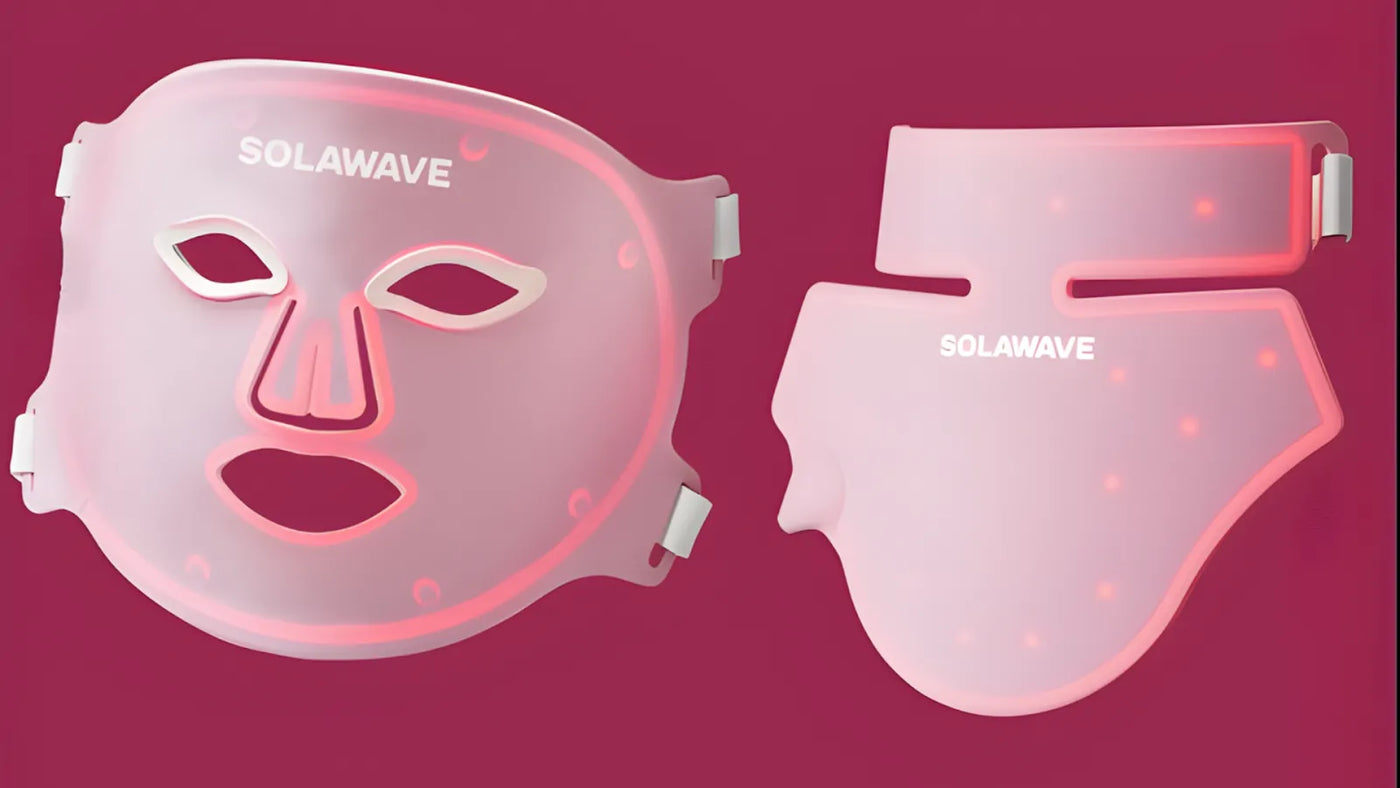 Red Light Therapy
Red Light Therapy
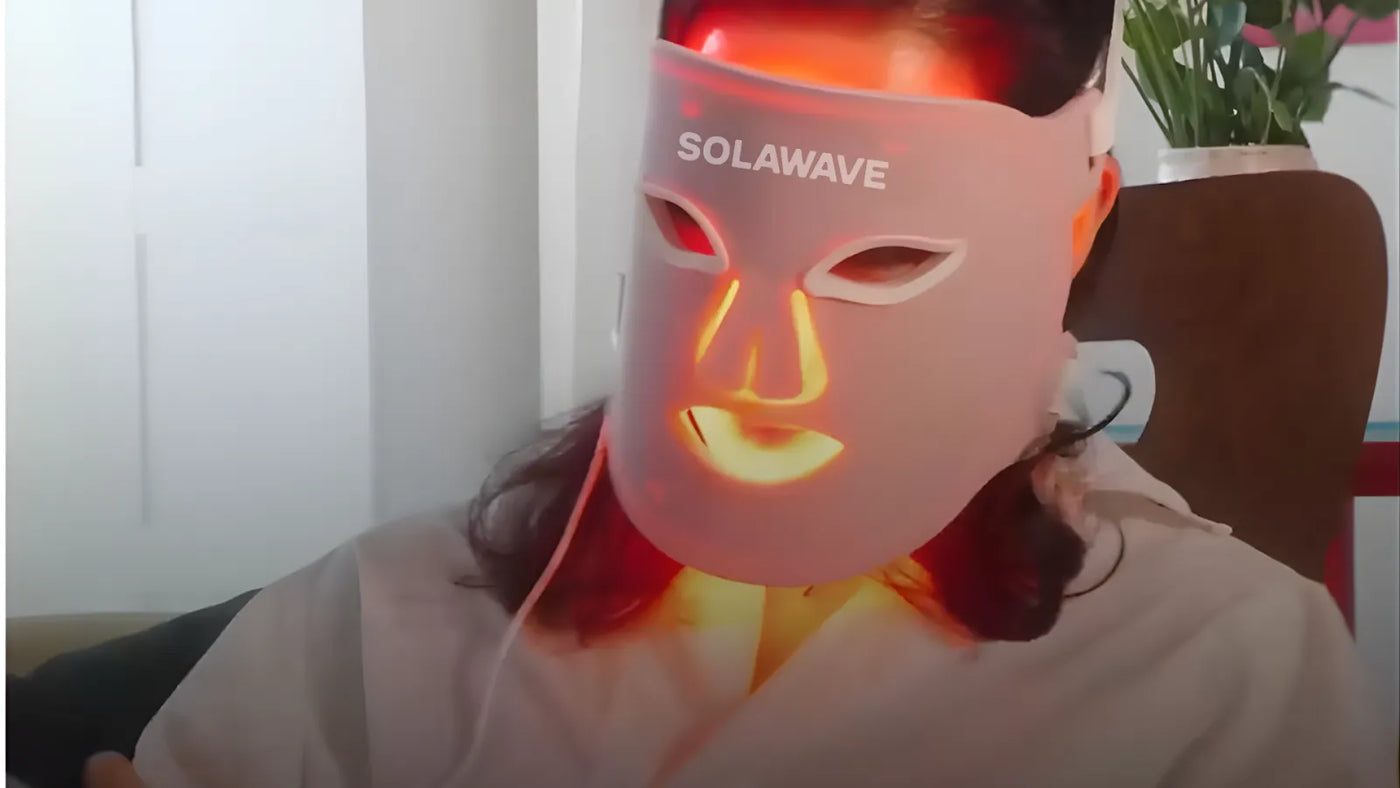 Red Light Therapy
Red Light Therapy
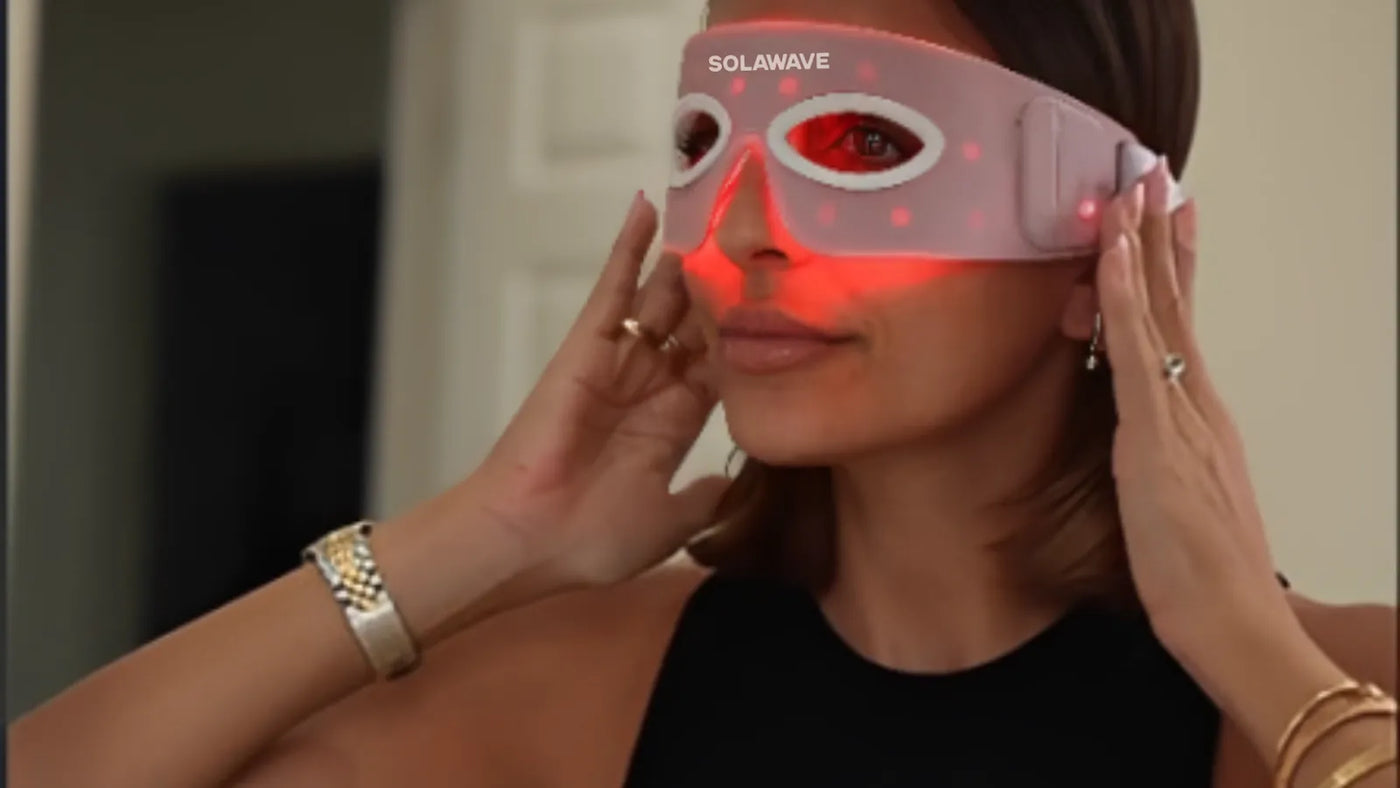 Red Light Therapy
Red Light Therapy
 Red Light Therapy
Red Light Therapy
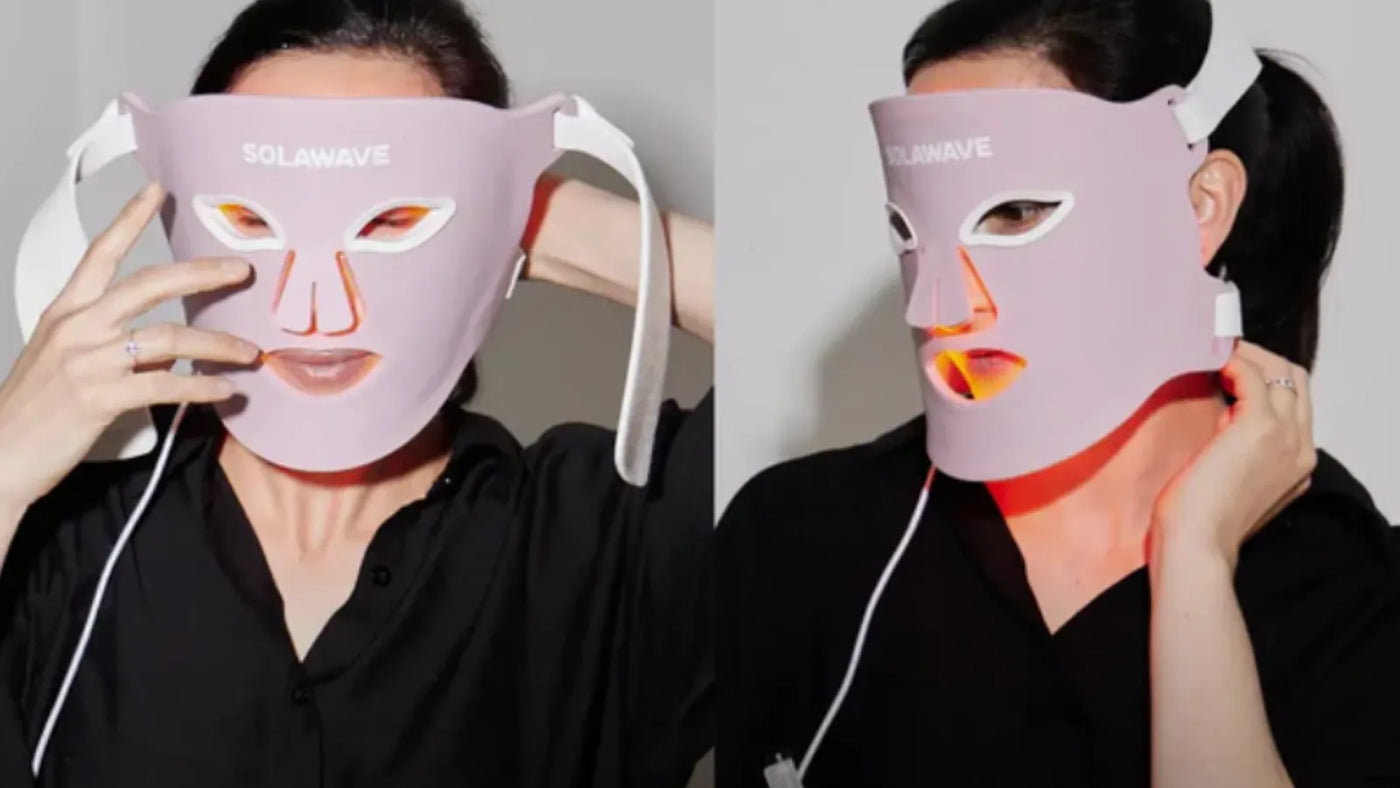 Red Light Therapy
Red Light Therapy
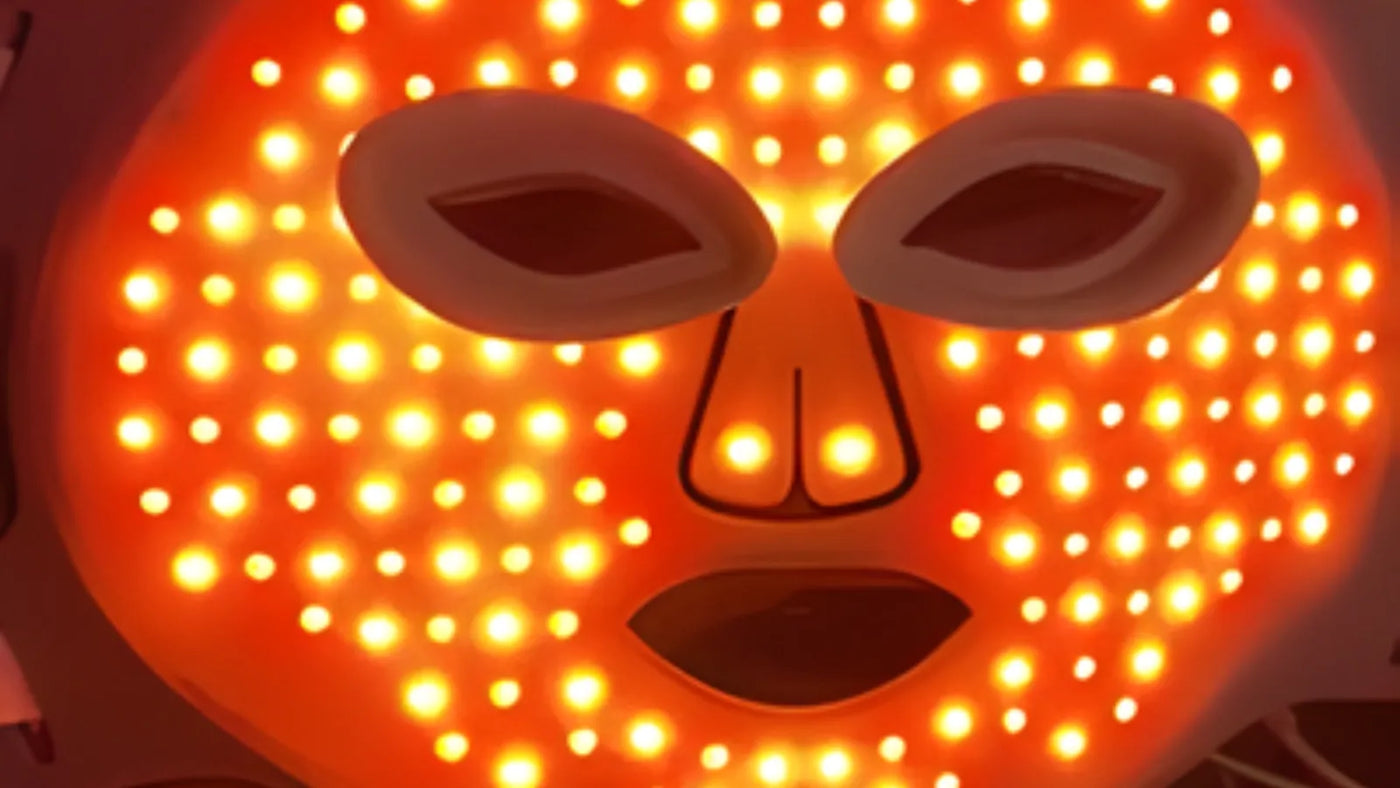 Red Light Therapy
Red Light Therapy
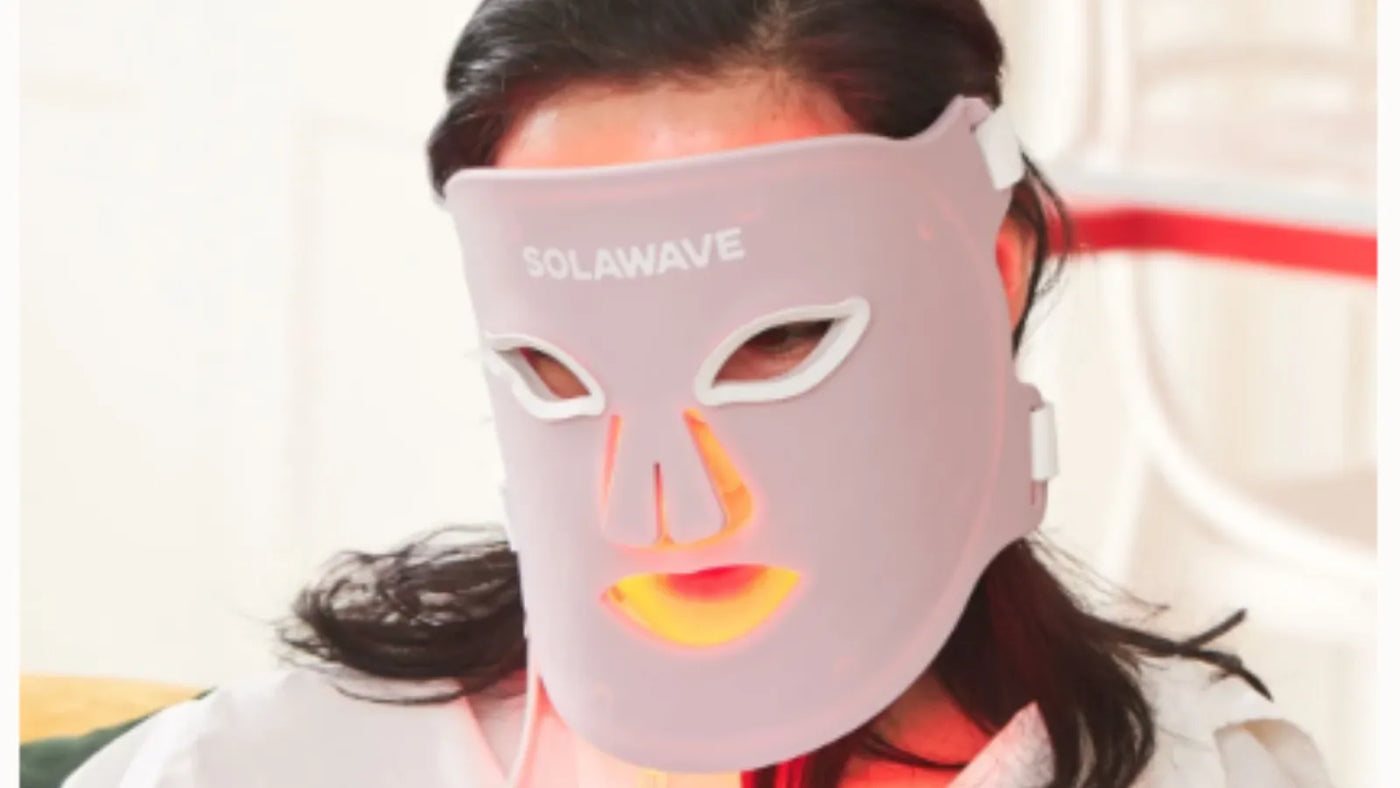 Red Light Therapy
Red Light Therapy
 Red Light Therapy
Red Light Therapy
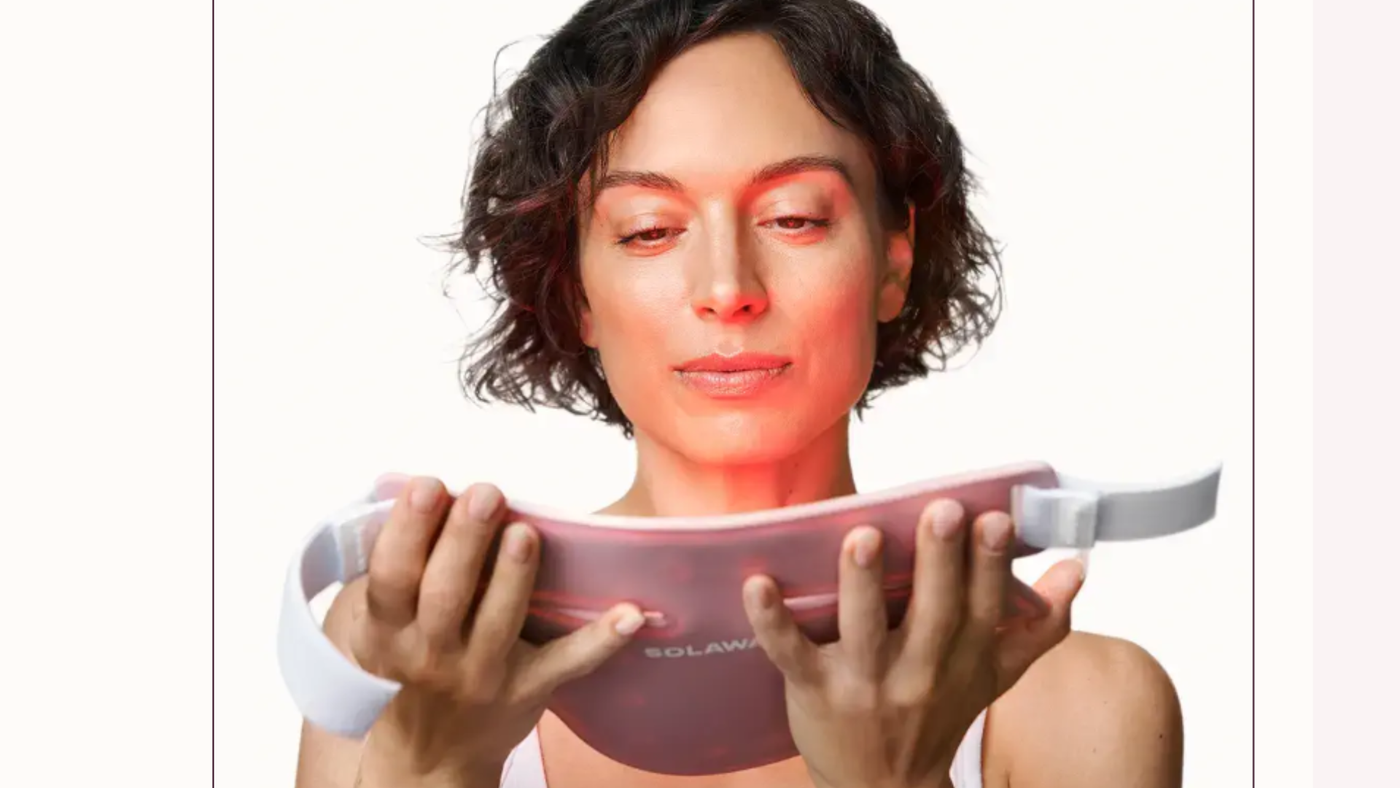 Red Light Therapy
Red Light Therapy
 Red Light Therapy
Red Light Therapy
 Red Light Therapy
Red Light Therapy
 News
News
 News
News
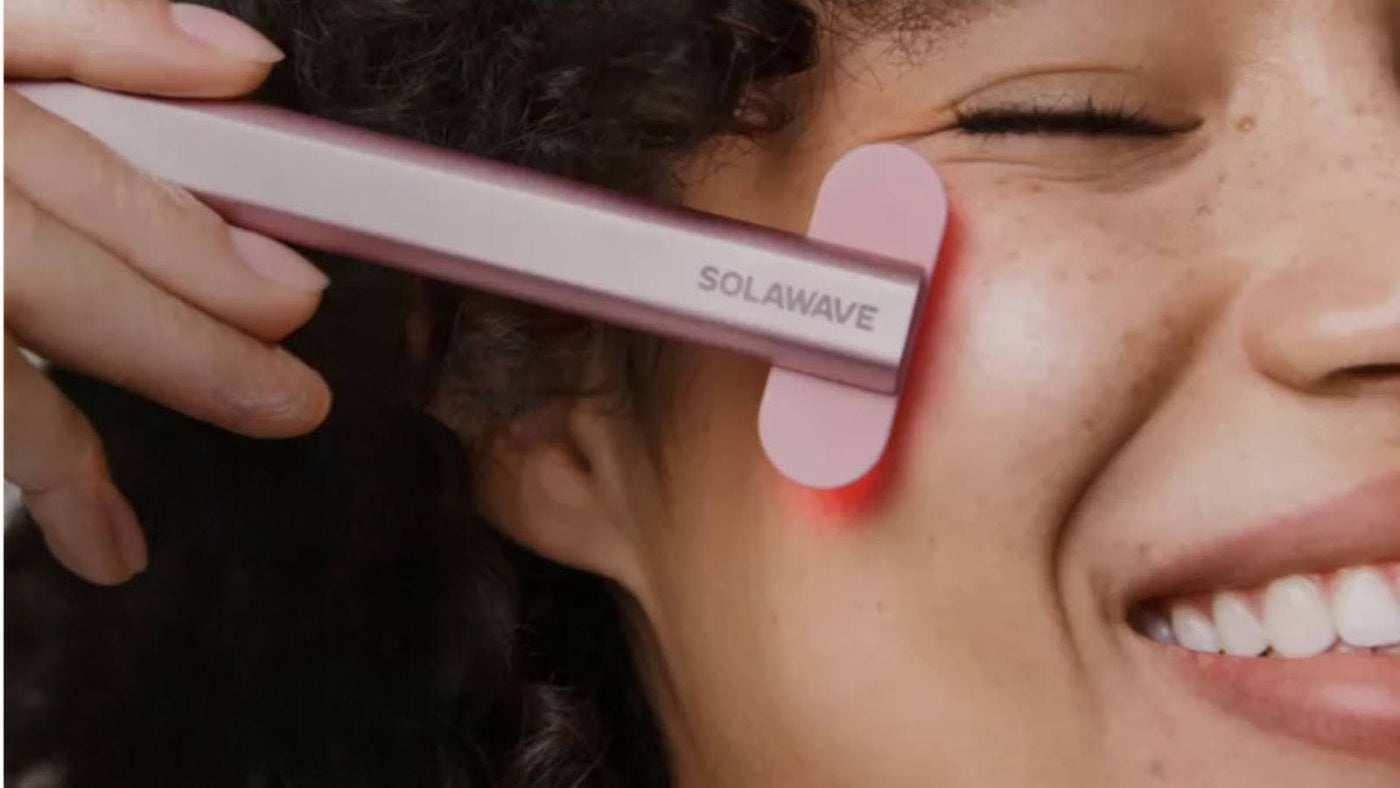 Red Light Therapy
Red Light Therapy
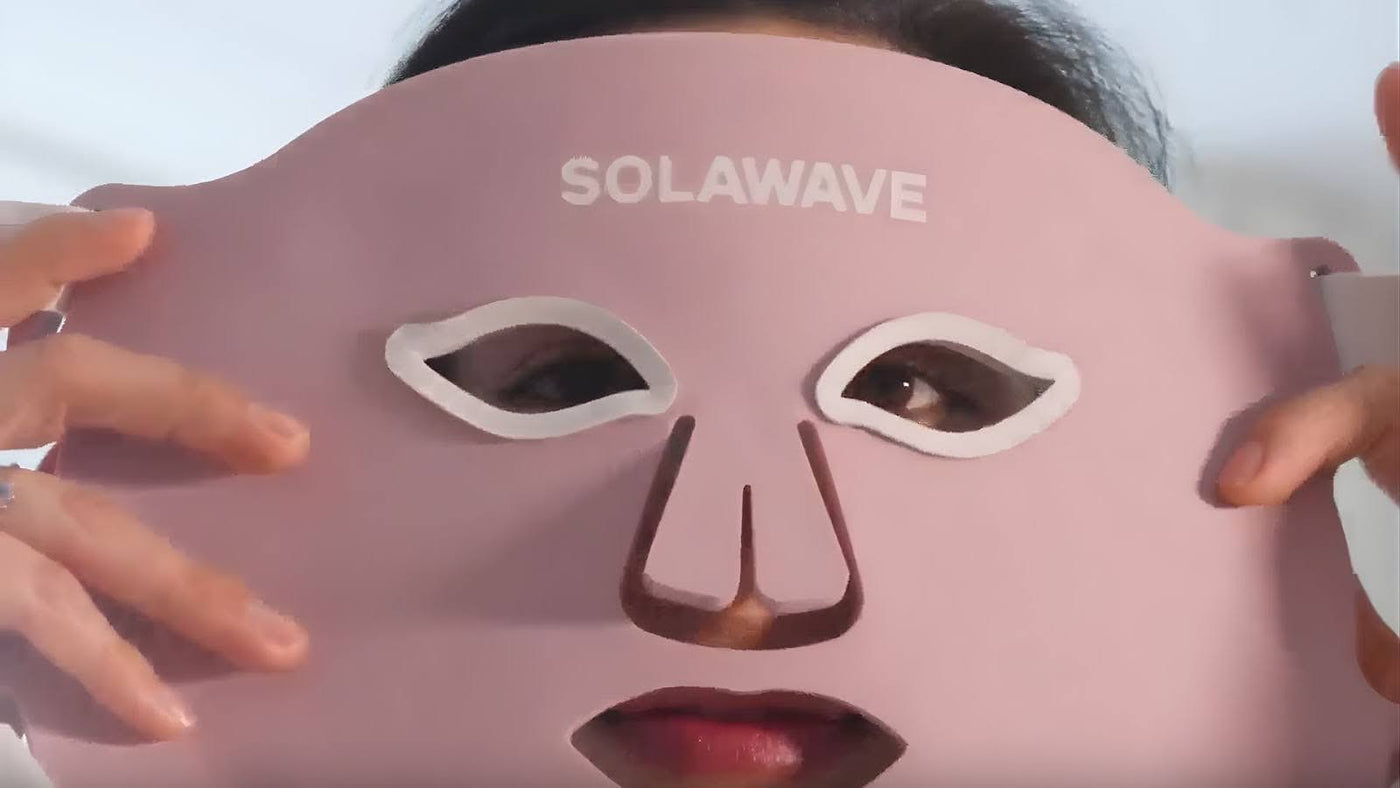 Red Light Therapy
Red Light Therapy
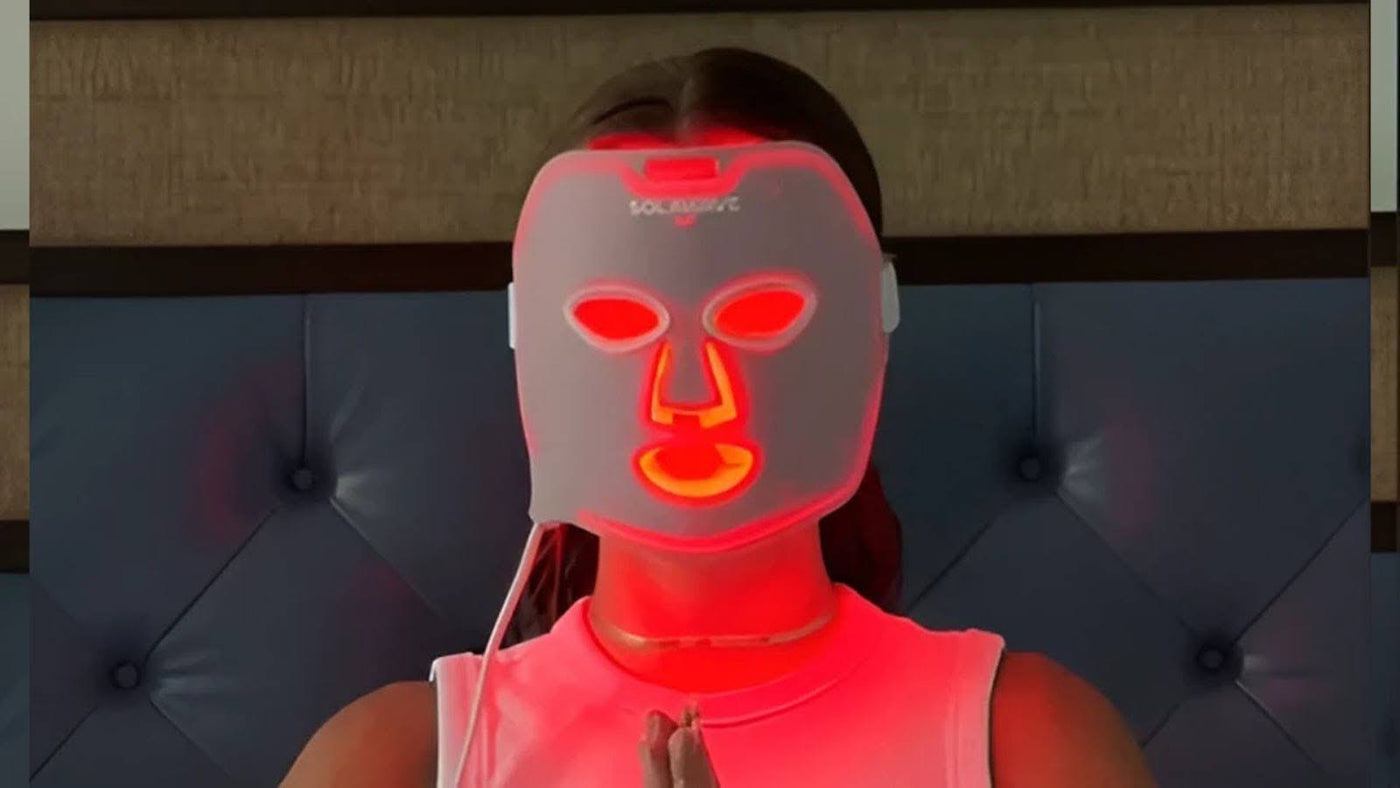 Red Light Therapy
Red Light Therapy
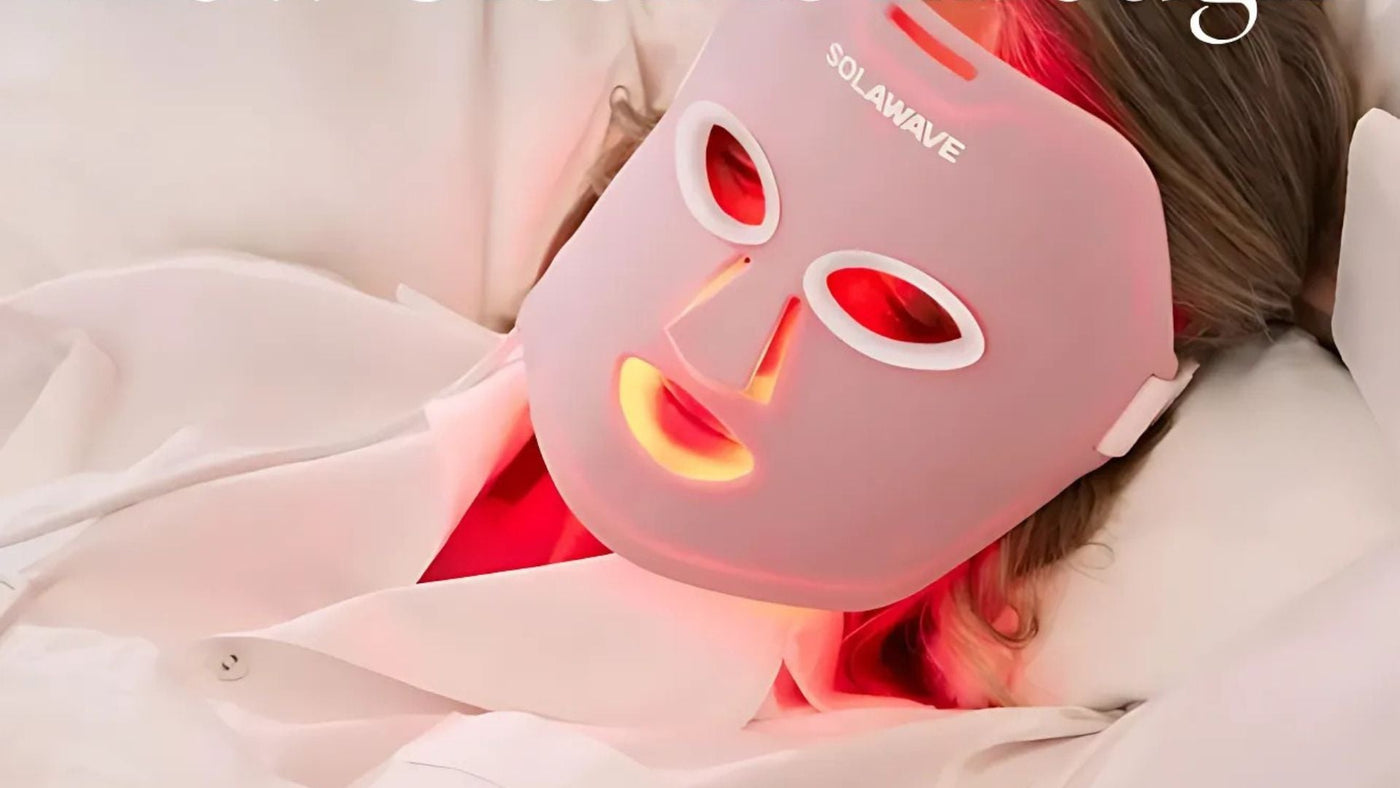 Red Light Therapy
Red Light Therapy
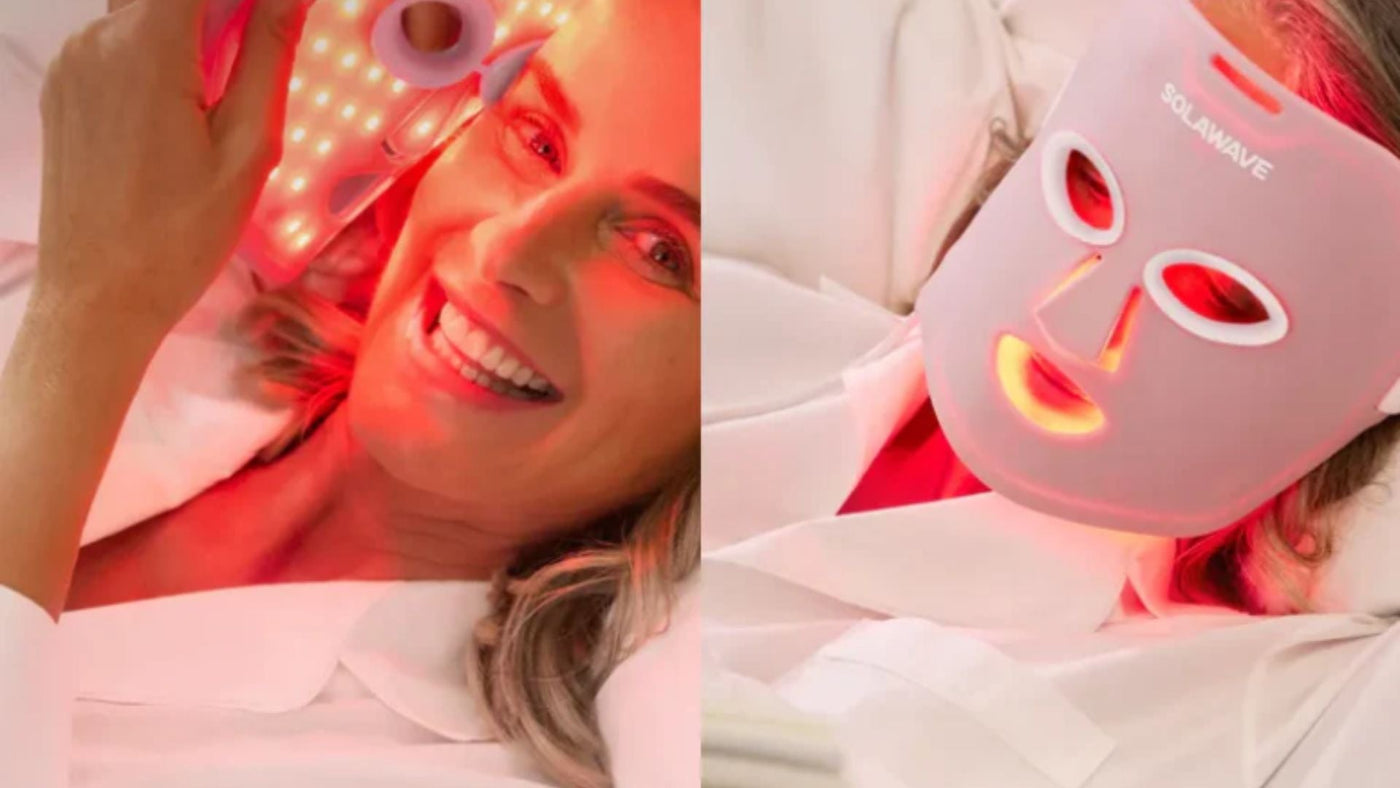 News
News
 News
News
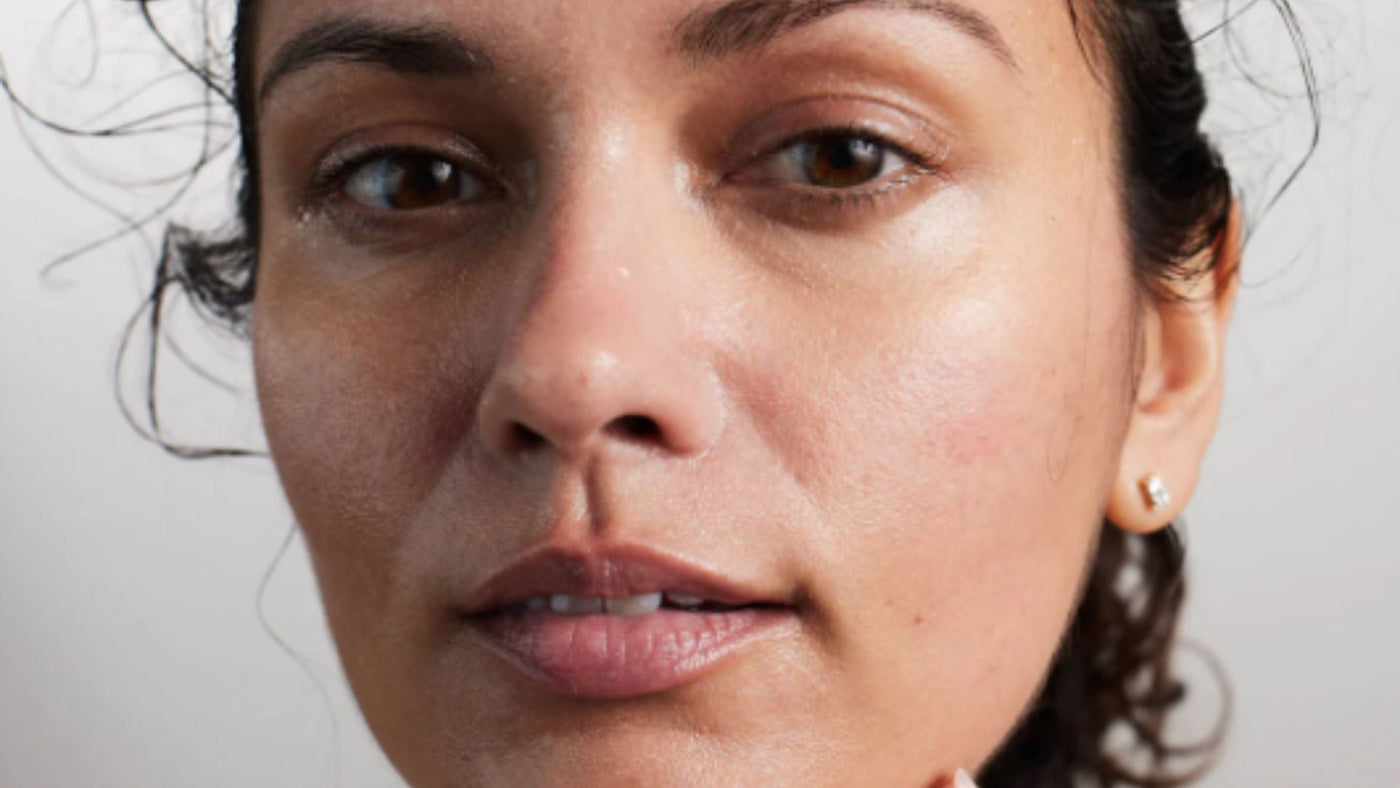 News
News
 News
News
 News
News
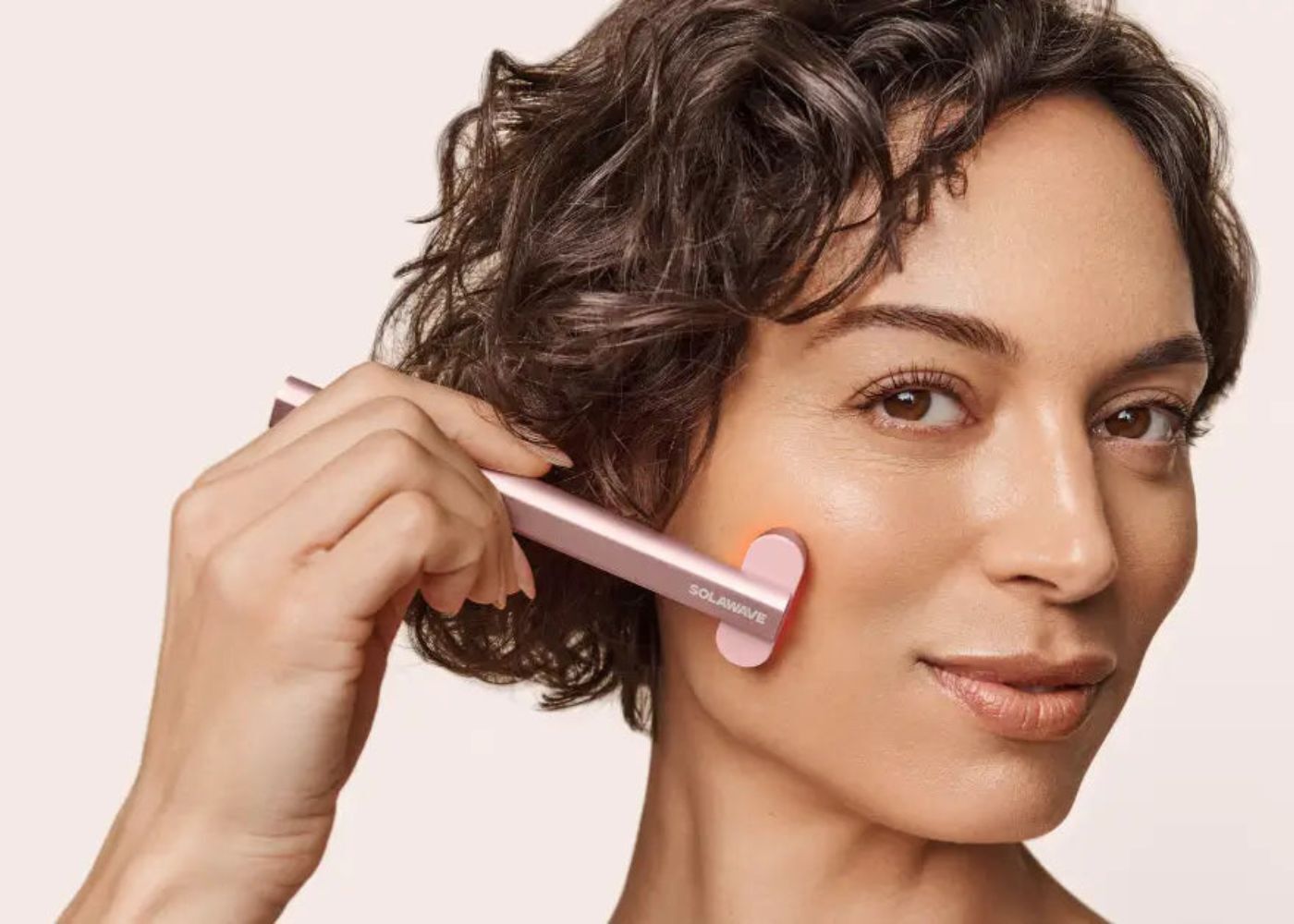 News
News
 Red Light Therapy
Red Light Therapy
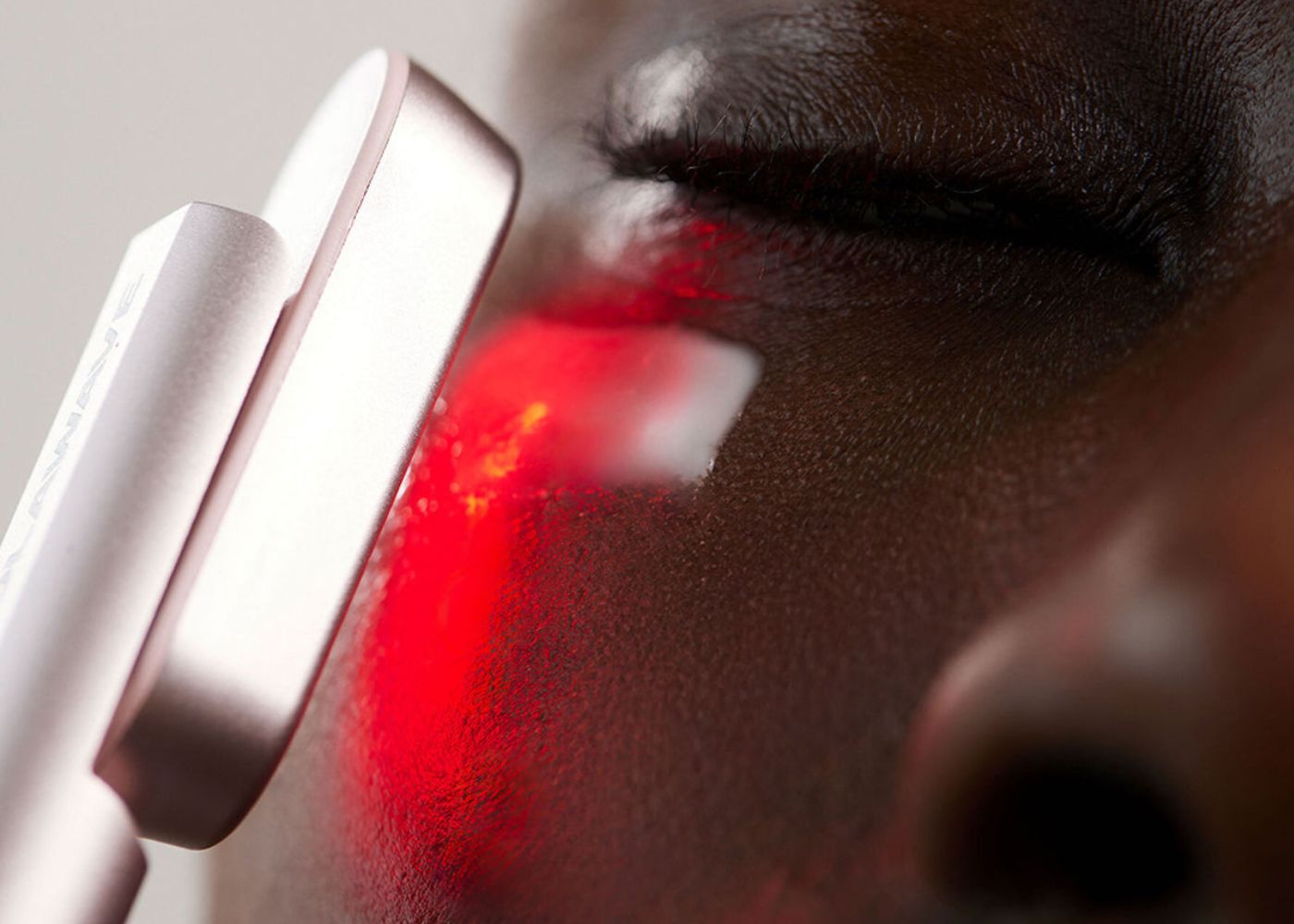 Red Light Therapy
Red Light Therapy
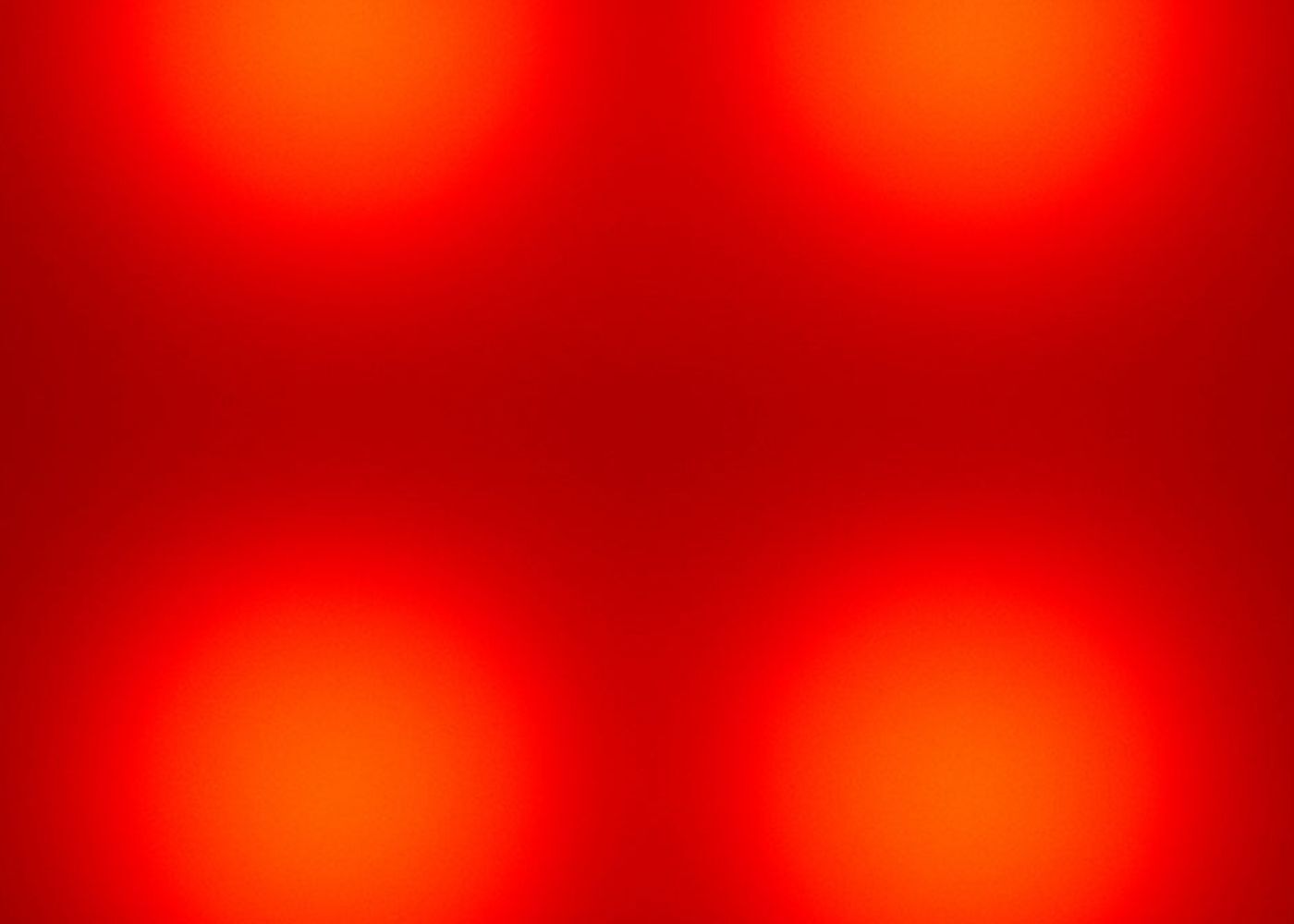 Red Light Therapy
Red Light Therapy
 News
News
 Red Light Therapy
Red Light Therapy
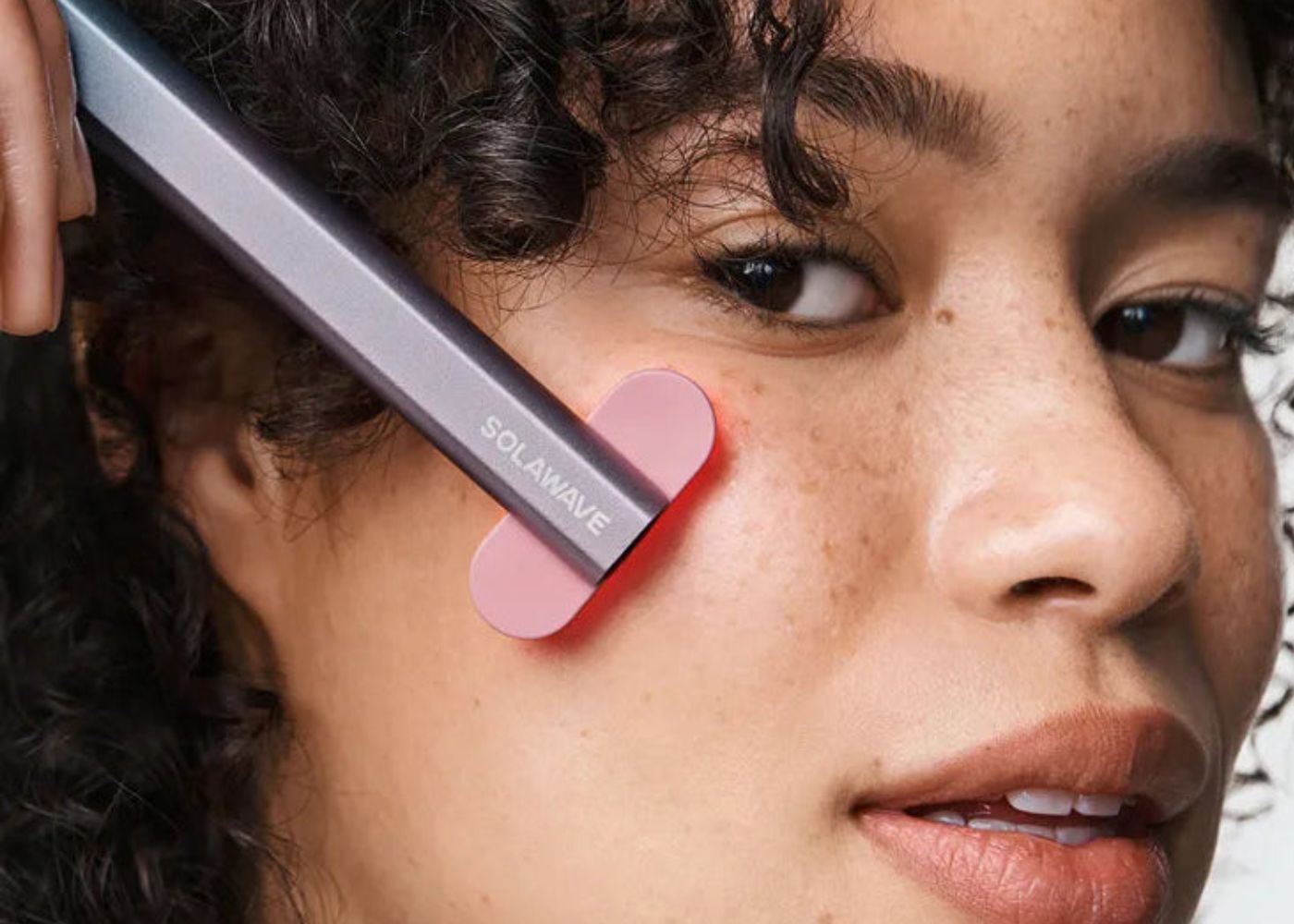 Red Light Therapy
Red Light Therapy
 Red Light Therapy
Red Light Therapy
 Red Light Therapy
Red Light Therapy
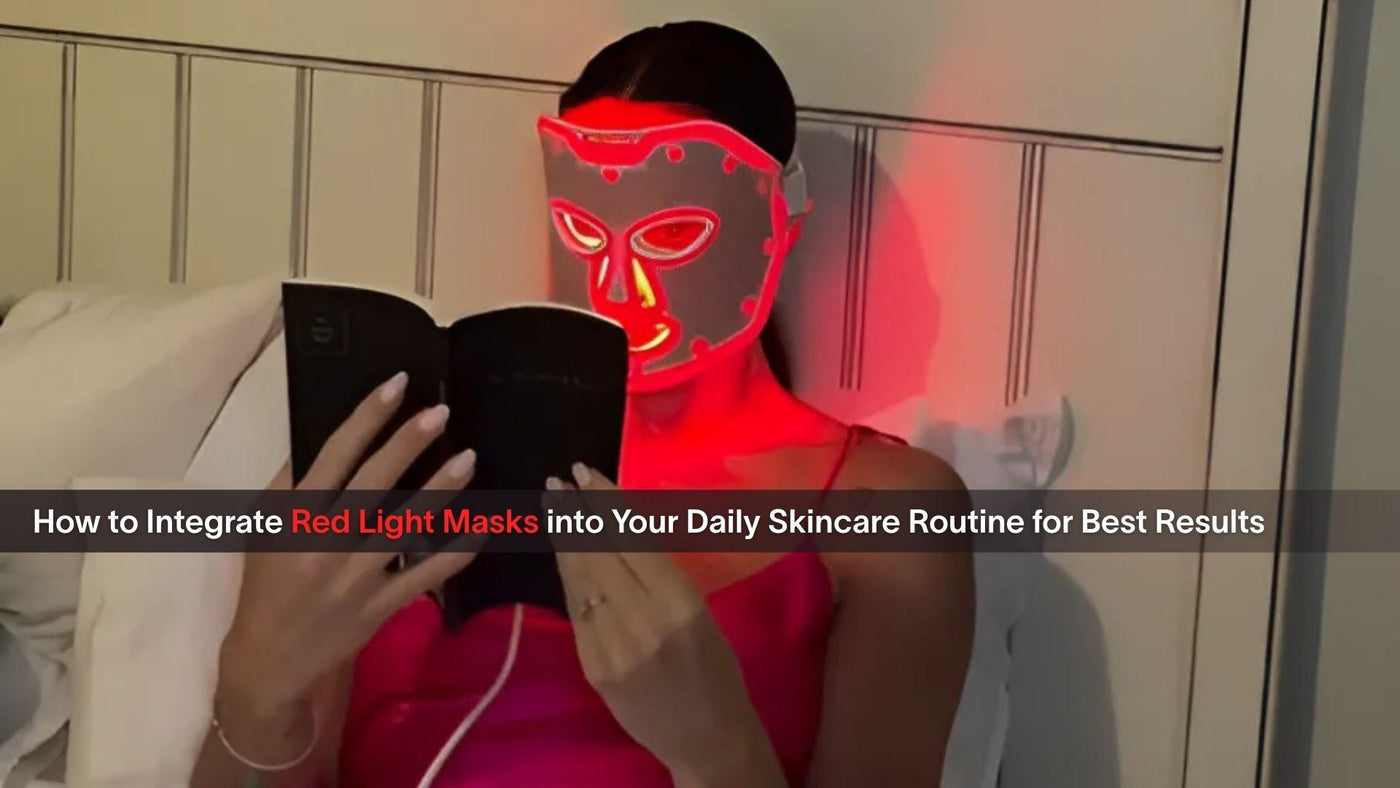 News
News
 News
News
 News
News
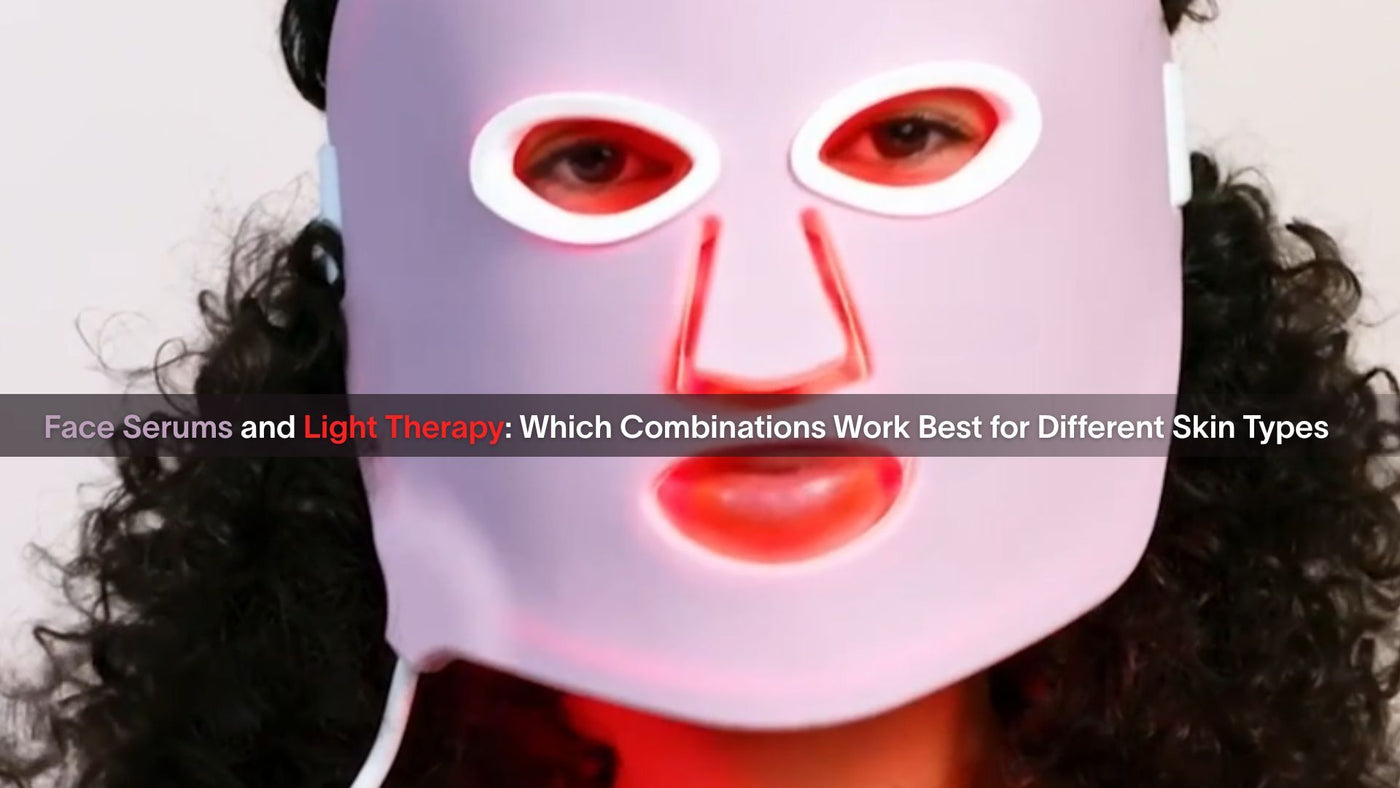 News
News
 News
News
 Red Light Therapy
Red Light Therapy
 Red Light Therapy
Red Light Therapy
 Red Light Therapy
Red Light Therapy
 Red Light Therapy
Red Light Therapy
 Red Light Therapy
Red Light Therapy
 Red Light Therapy
Red Light Therapy
 Red Light Therapy
Red Light Therapy
 Red Light Therapy
Red Light Therapy
 Red Light Therapy
Red Light Therapy
 Red Light Therapy
Red Light Therapy
 Red Light Therapy
Red Light Therapy
 Red Light Therapy
Red Light Therapy
 Red Light Therapy
Red Light Therapy
 Red Light Therapy
Red Light Therapy
 Red Light Therapy
Red Light Therapy
 Red Light Therapy
Red Light Therapy
 Red Light Therapy
Red Light Therapy
 Red Light Therapy
Red Light Therapy
 Red Light Therapy
Red Light Therapy
 Red Light Therapy
Red Light Therapy
 Red Light Therapy
Red Light Therapy
 Red Light Therapy
Red Light Therapy
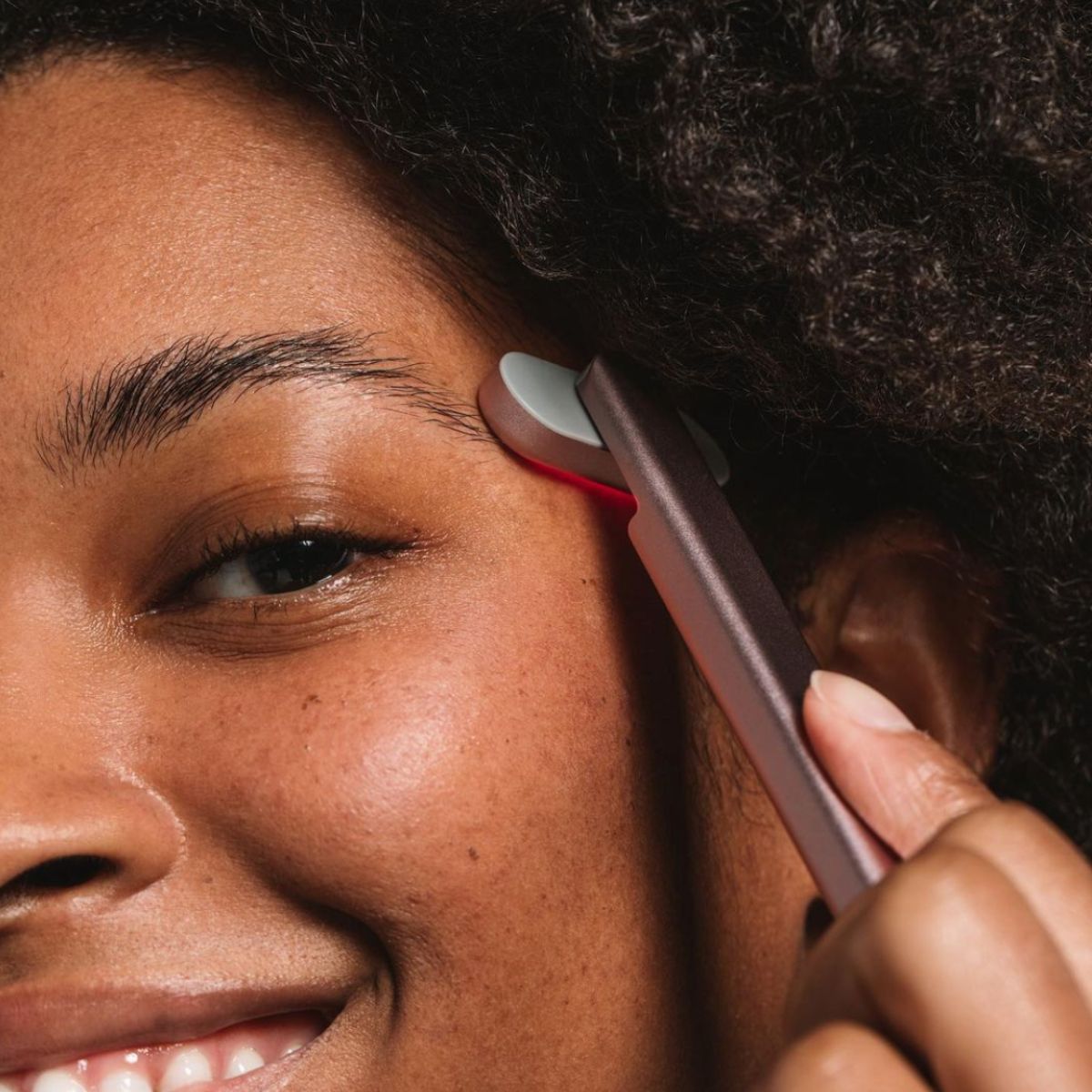 Red Light Therapy
Red Light Therapy
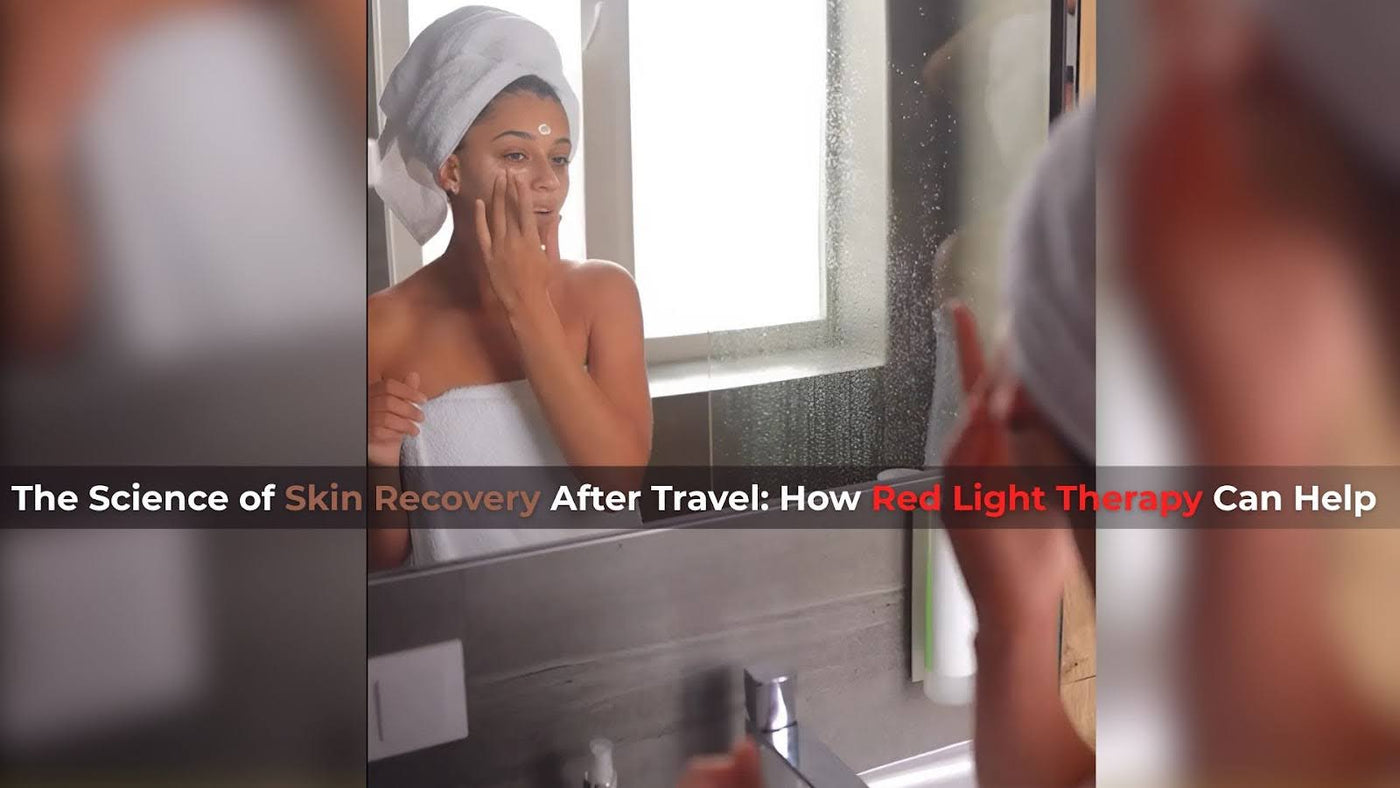 Red Light Therapy
Red Light Therapy
 Red Light Therapy
Red Light Therapy
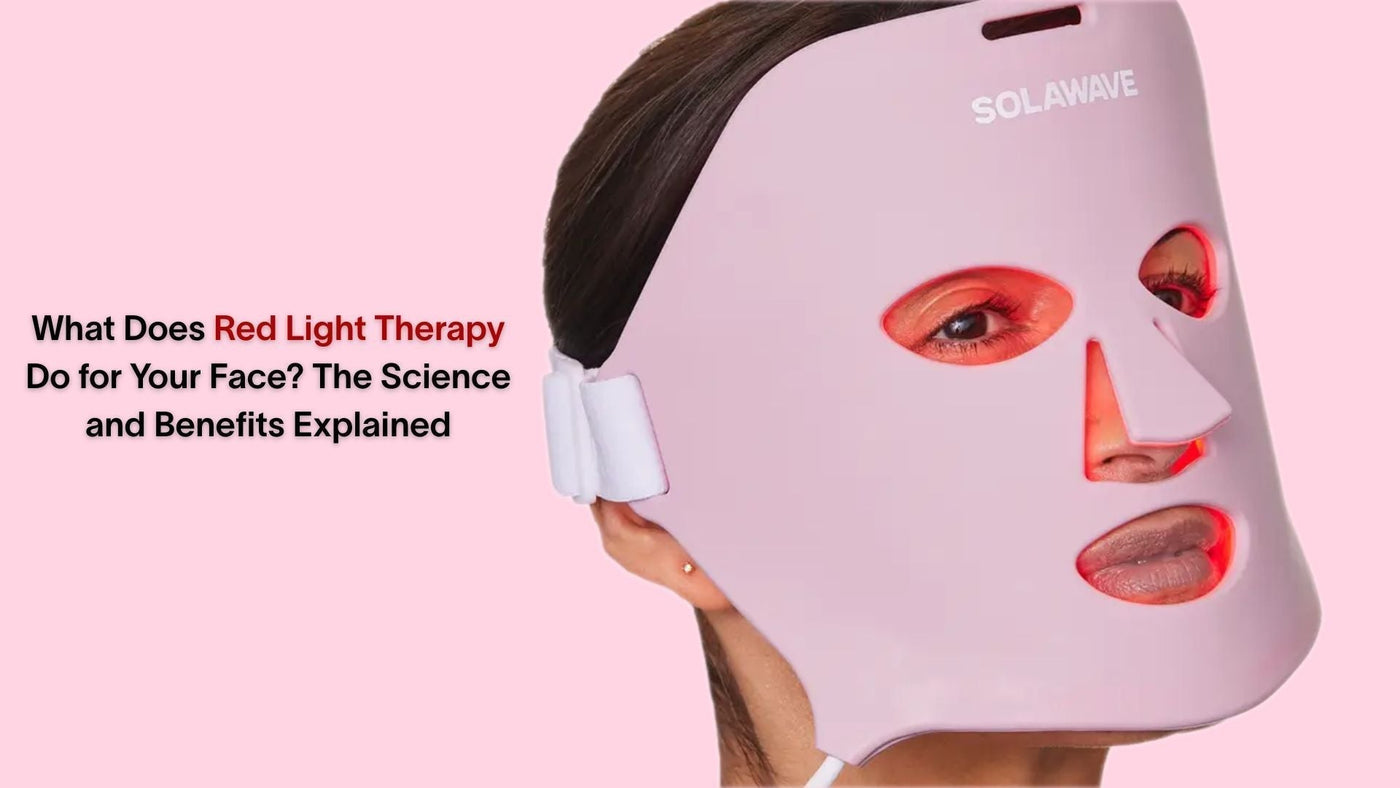 Red Light Therapy
Red Light Therapy
 Red Light Therapy
Red Light Therapy
 Red Light Therapy
Red Light Therapy
 Red Light Therapy
Red Light Therapy
 Red Light Therapy
Red Light Therapy
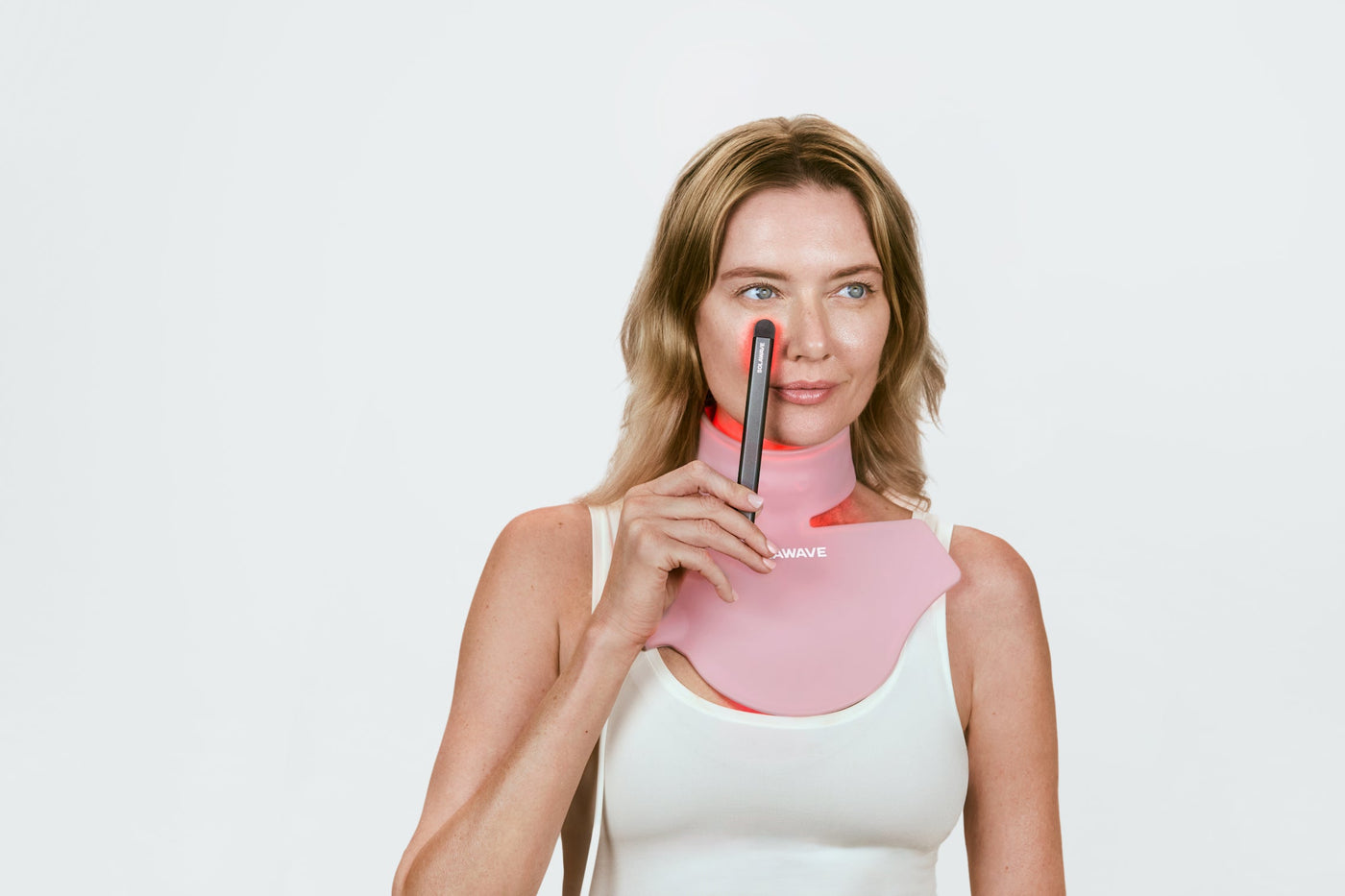 Red Light Therapy
Red Light Therapy
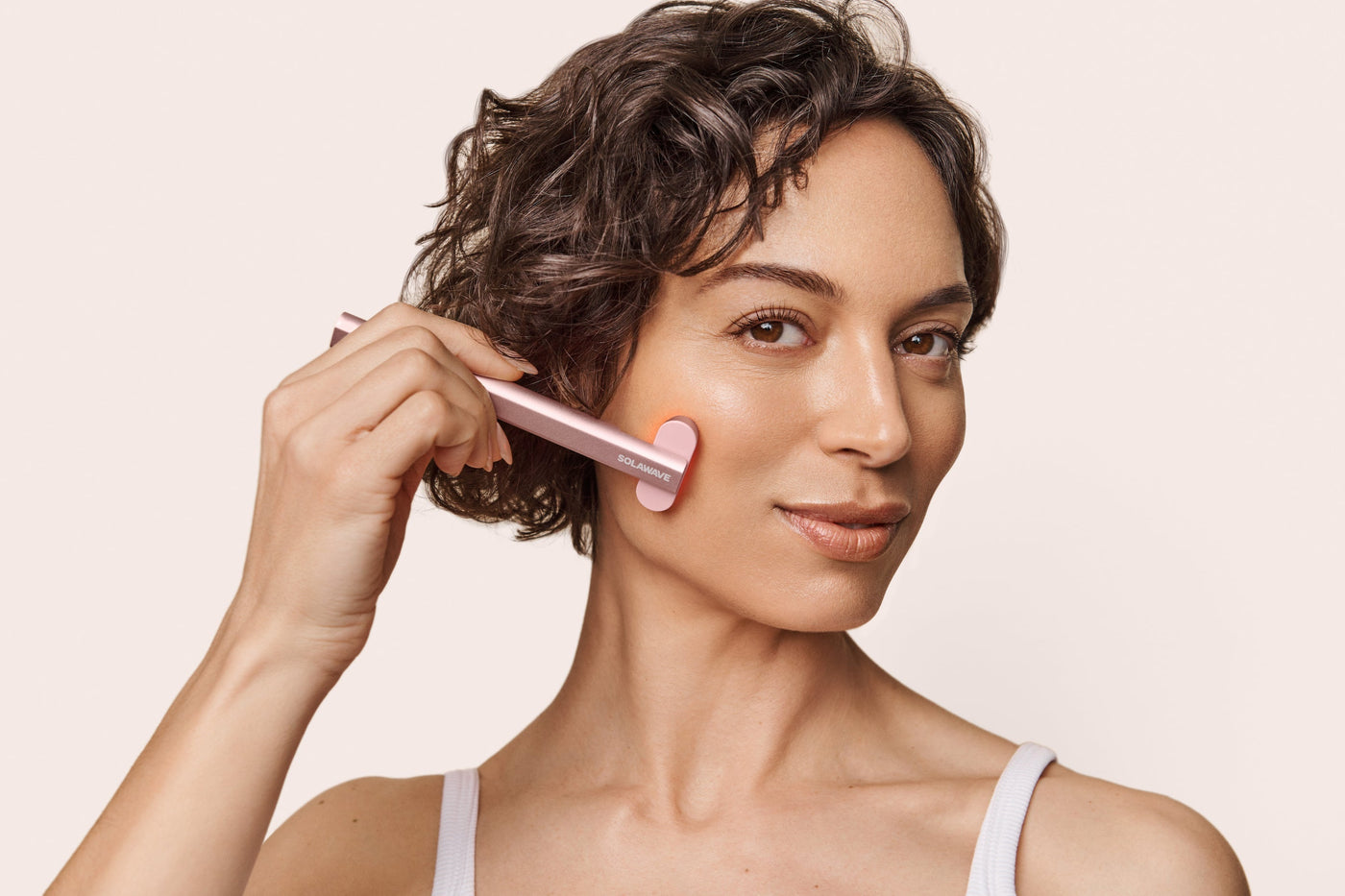 Red Light Therapy
Red Light Therapy
 Red Light Therapy
Red Light Therapy
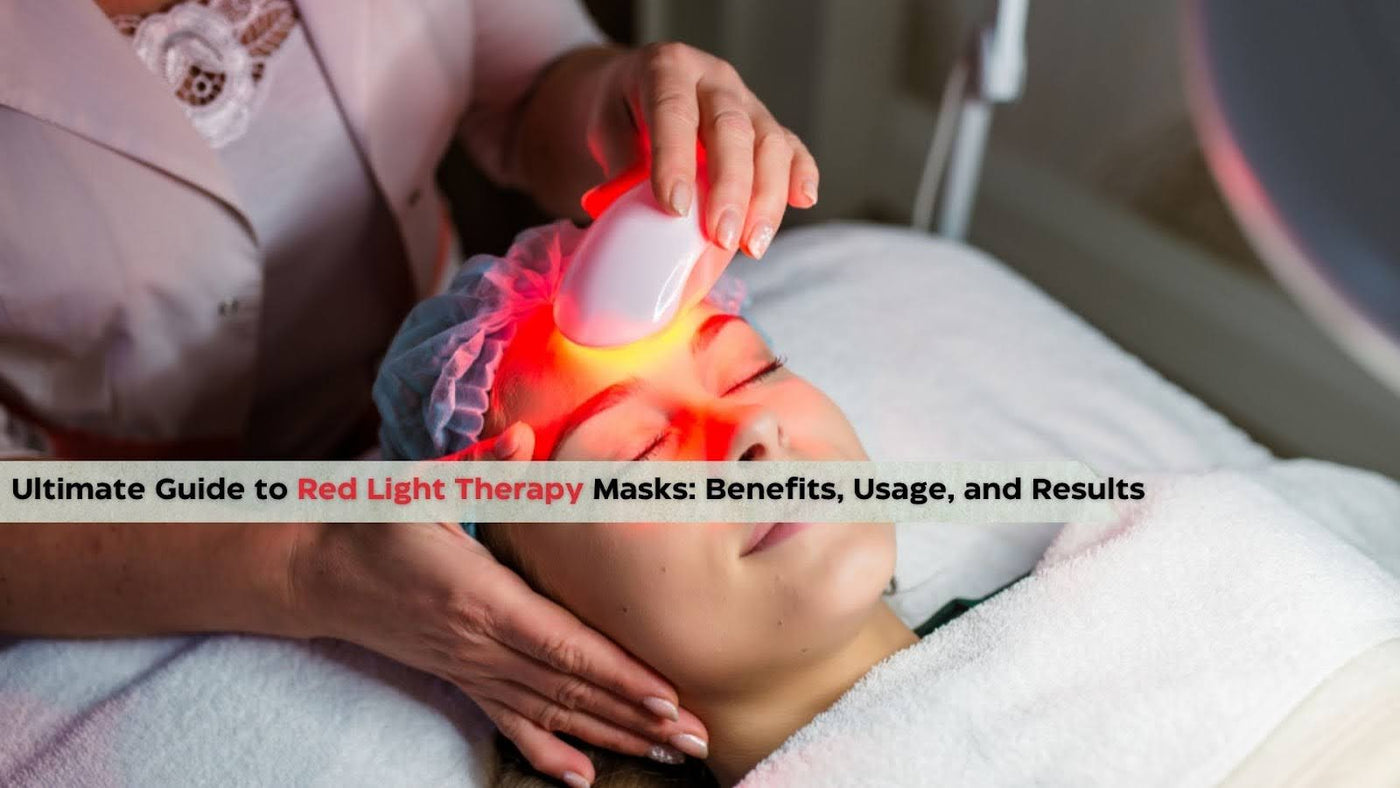 Red Light Therapy
Red Light Therapy
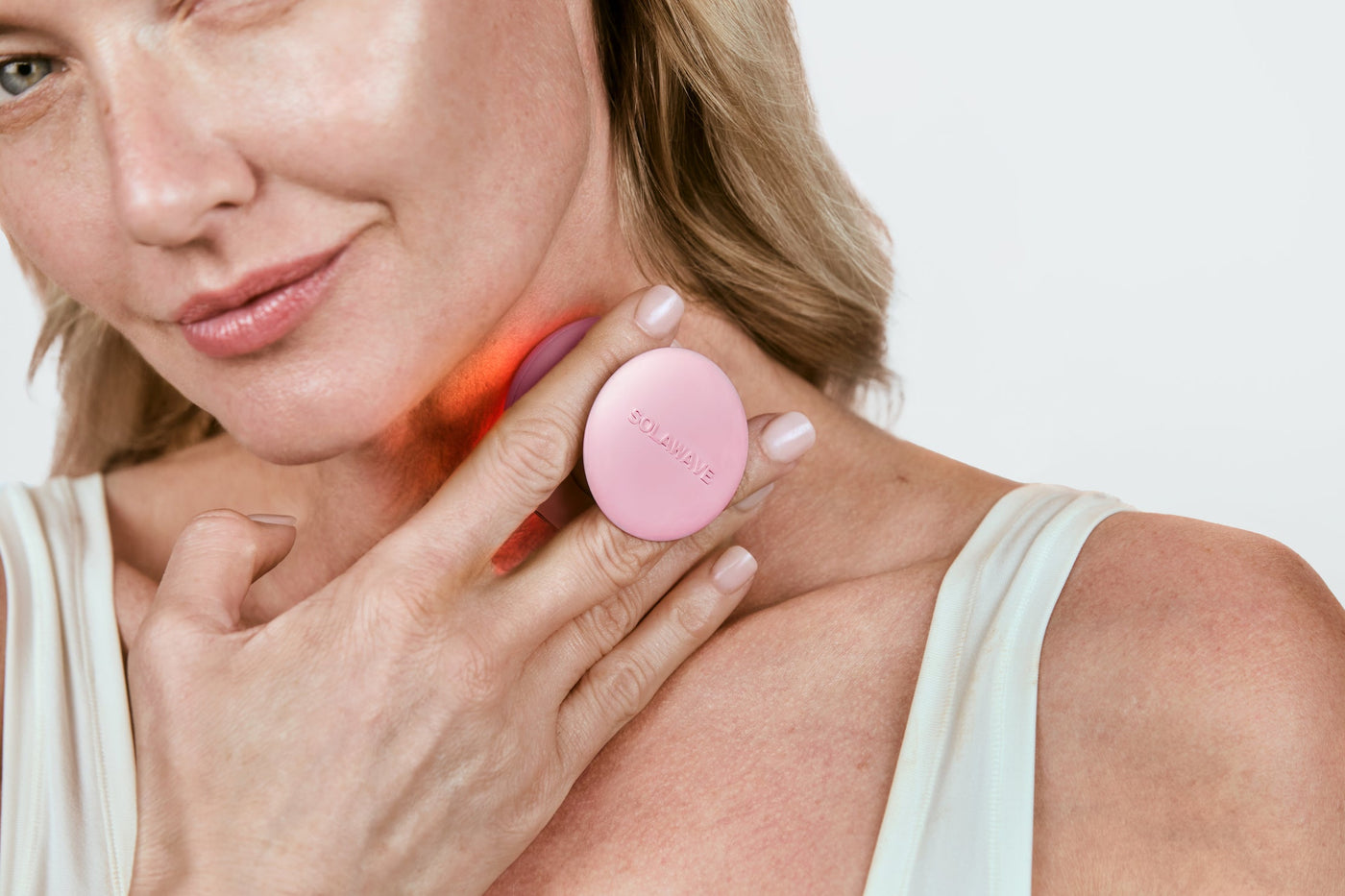 Red Light Therapy
Red Light Therapy
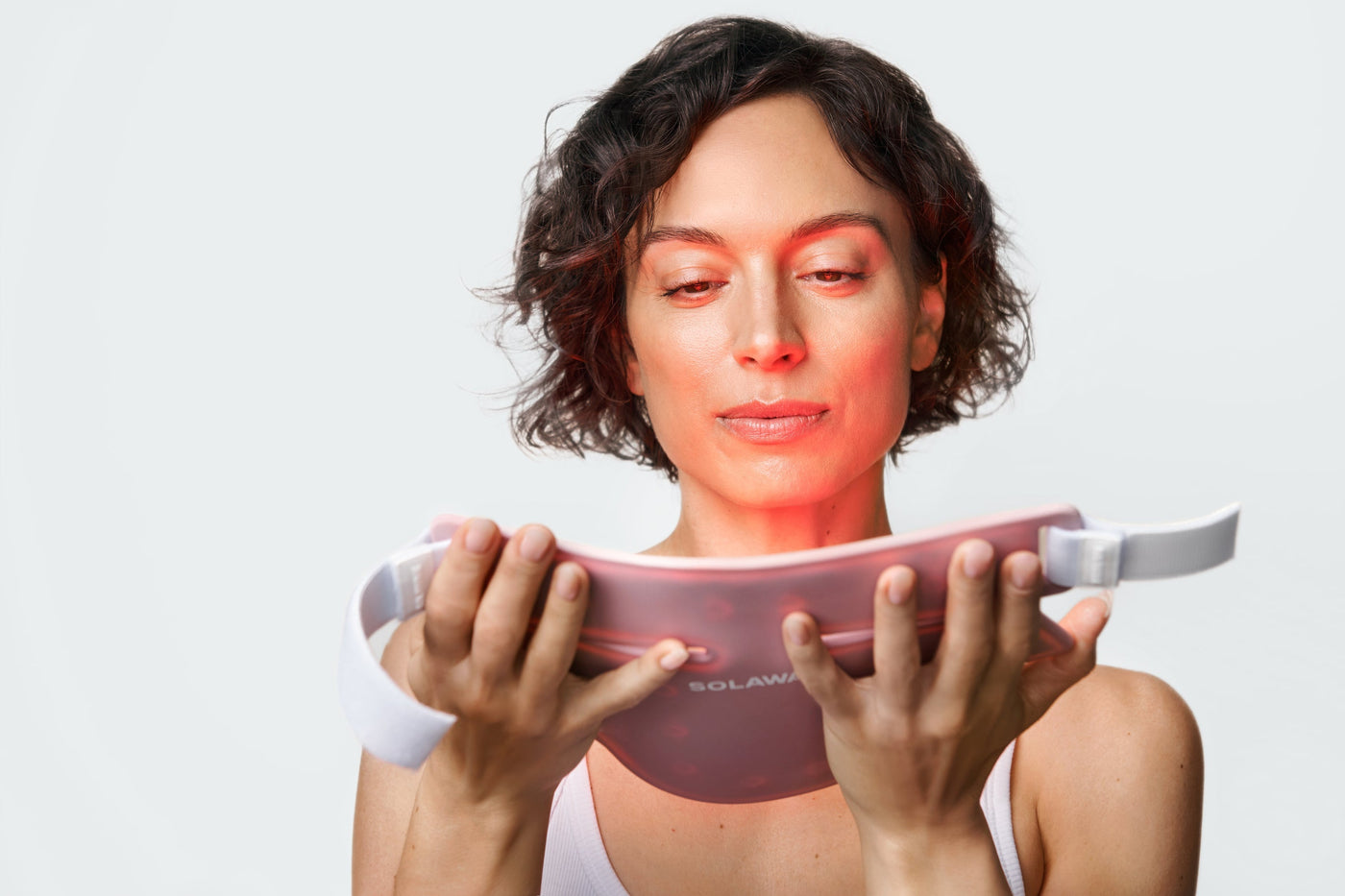 Red Light Therapy
Red Light Therapy
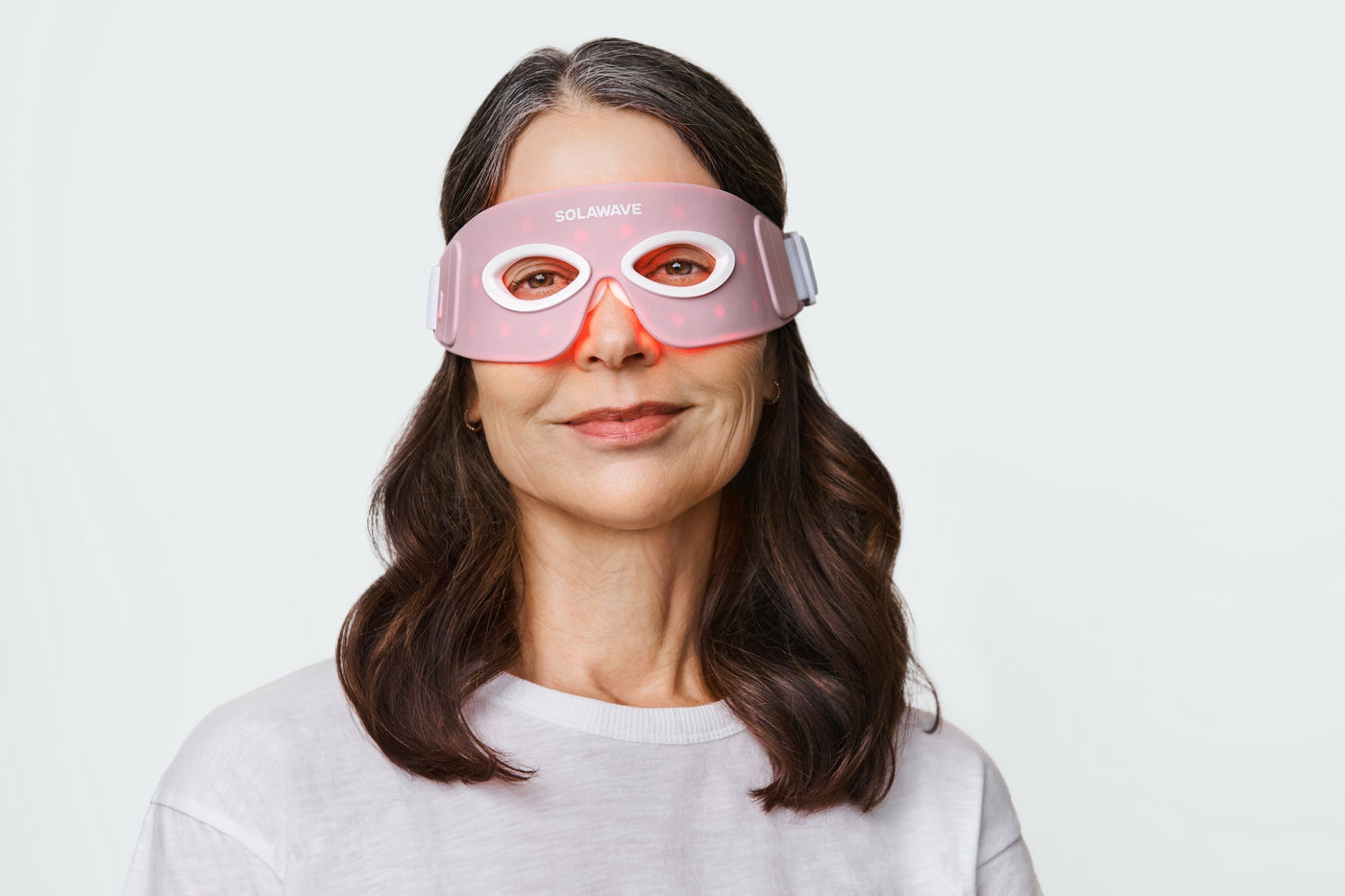 Red Light Therapy
Red Light Therapy
 Red Light Therapy
Red Light Therapy
 Red Light Therapy
Red Light Therapy
 Red Light Therapy
Red Light Therapy
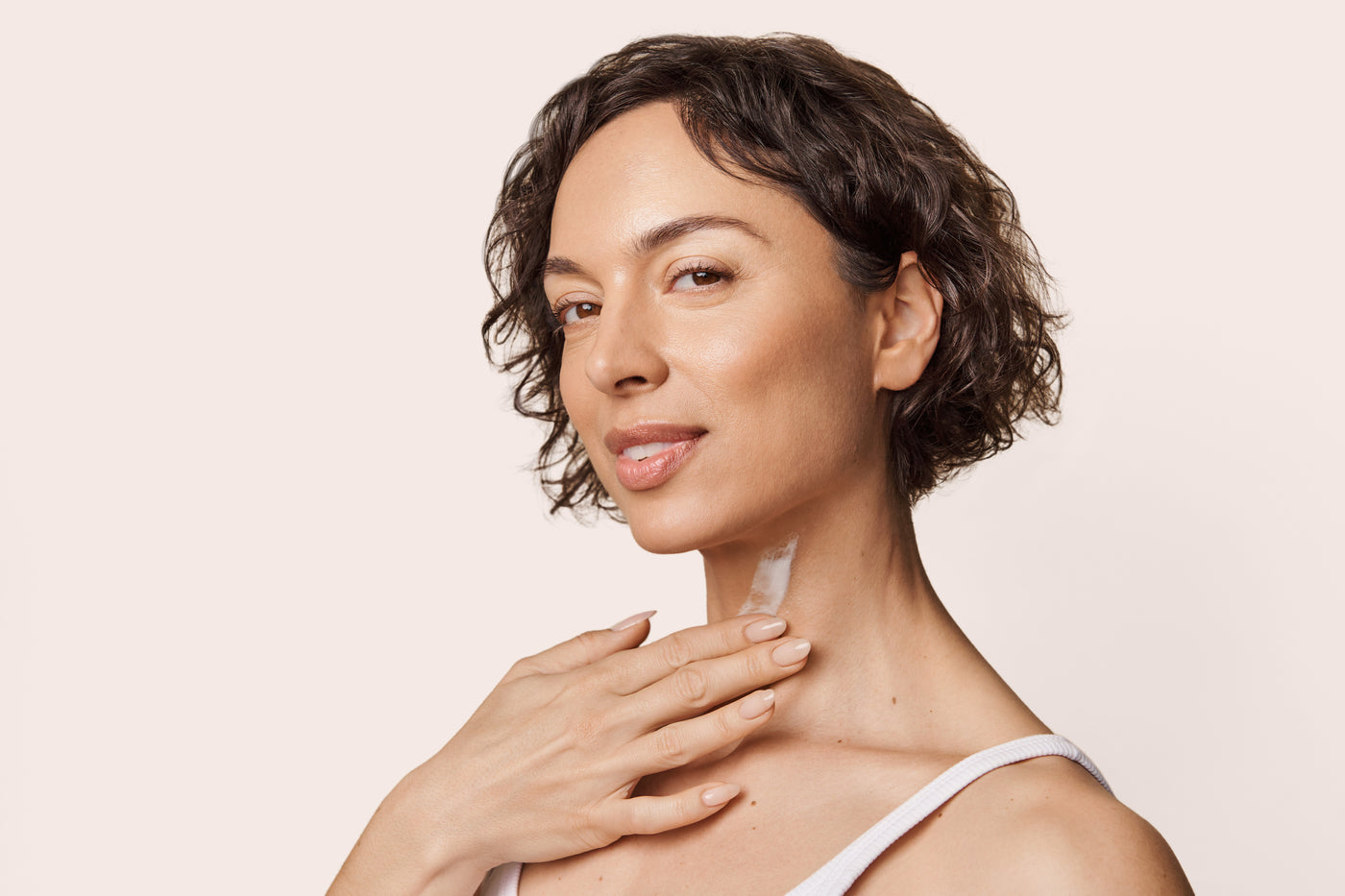 Red Light Therapy
Red Light Therapy
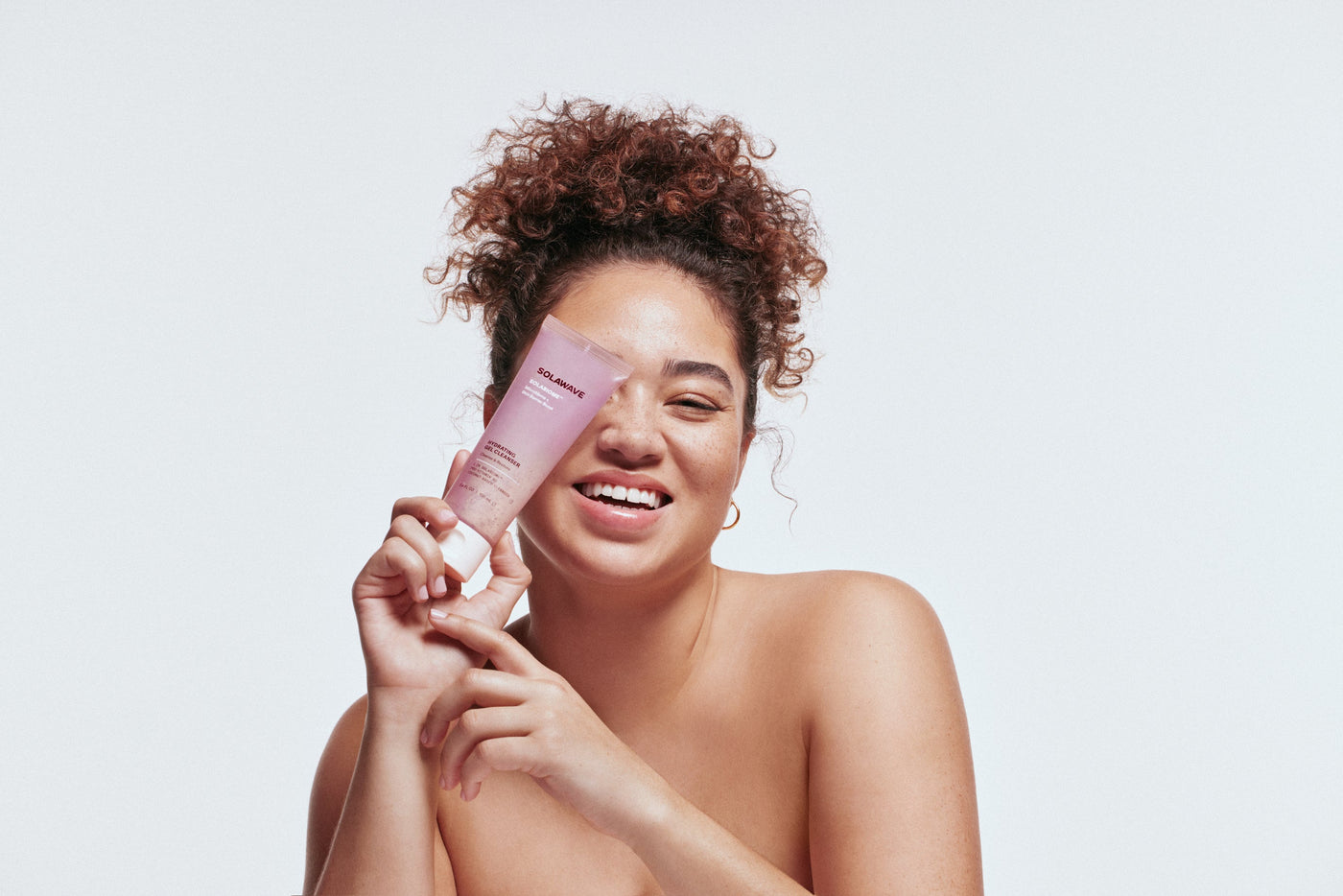 Red Light Therapy
Red Light Therapy
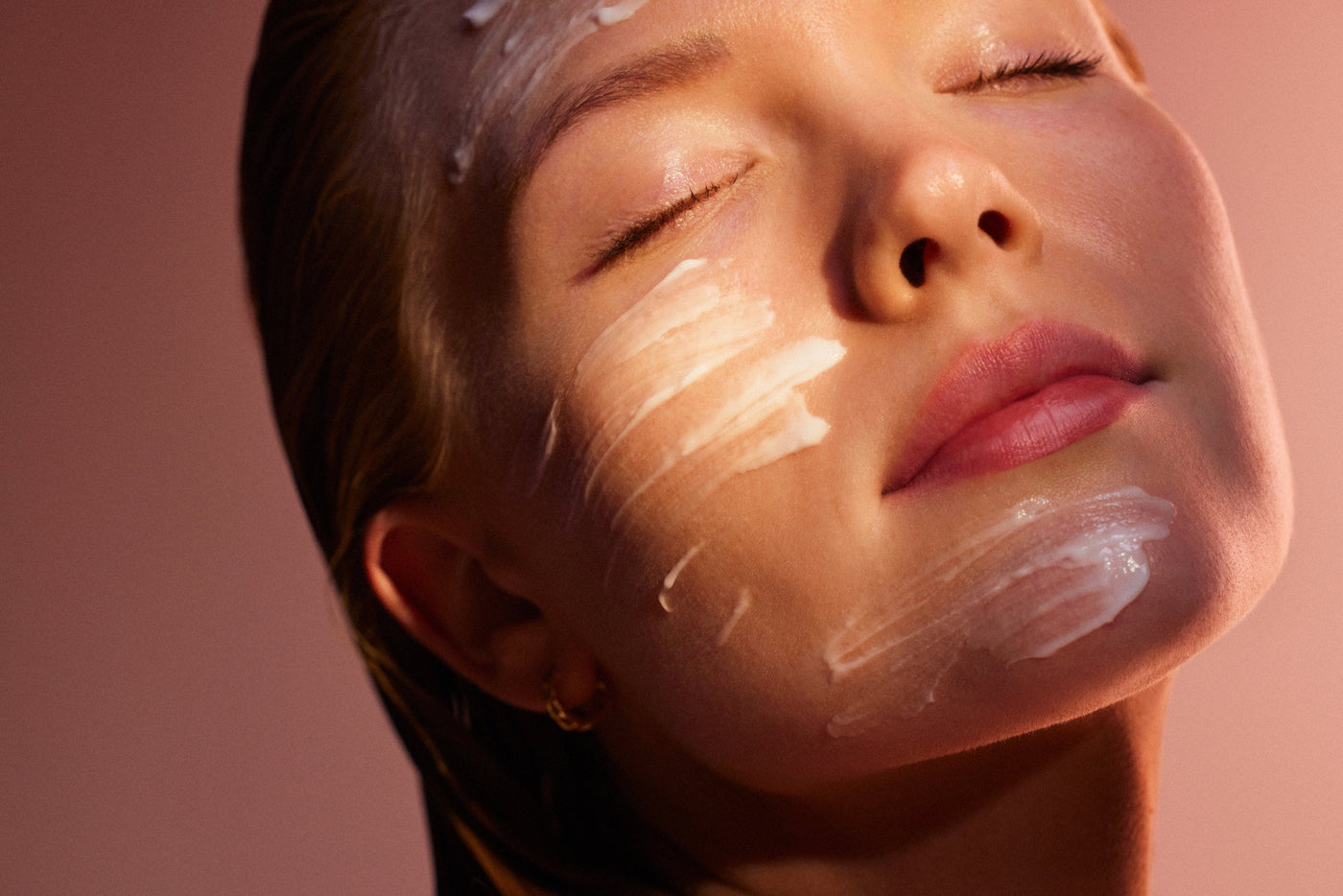 Red Light Therapy
Red Light Therapy
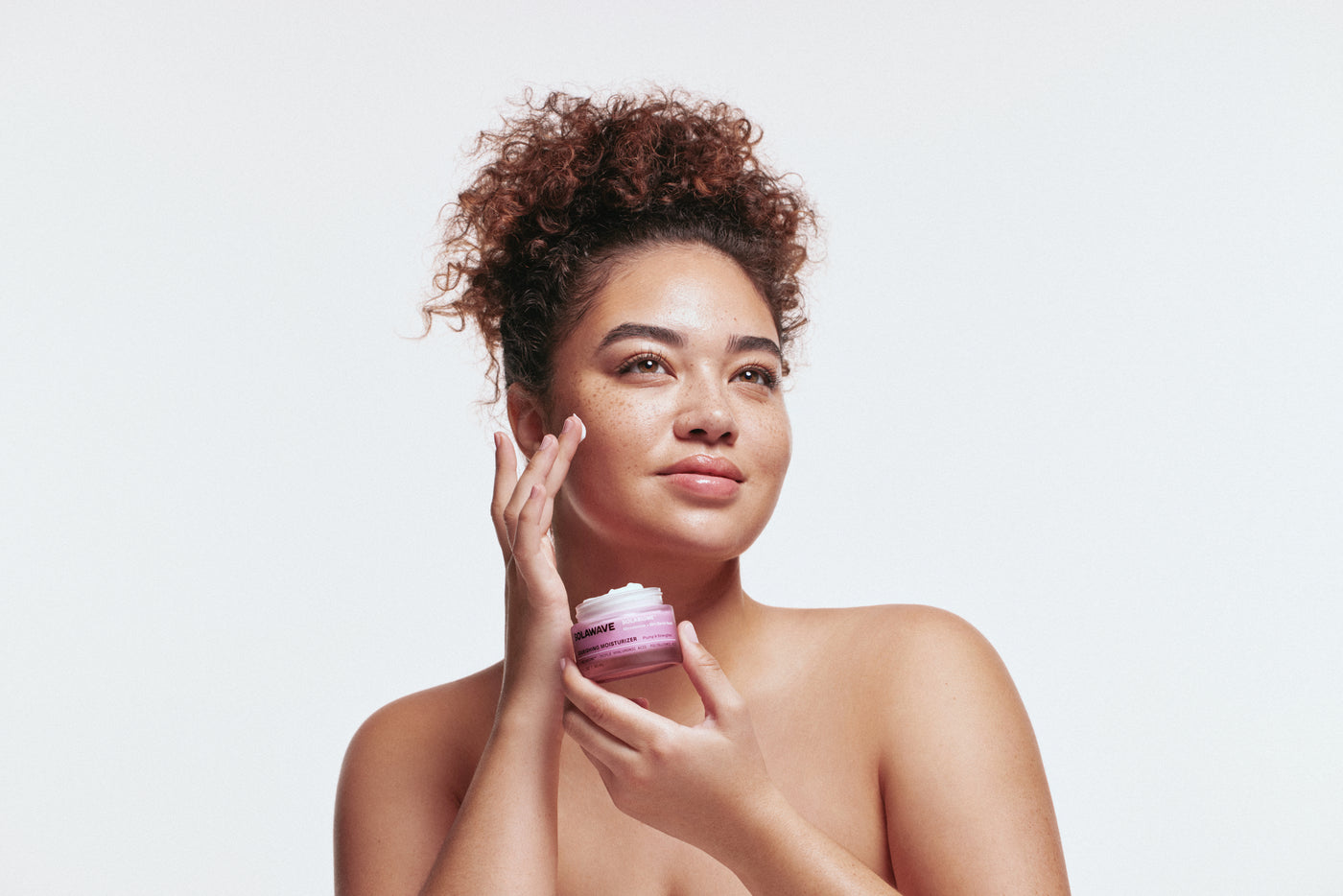 Red Light Therapy
Red Light Therapy
 Red Light Therapy
Red Light Therapy
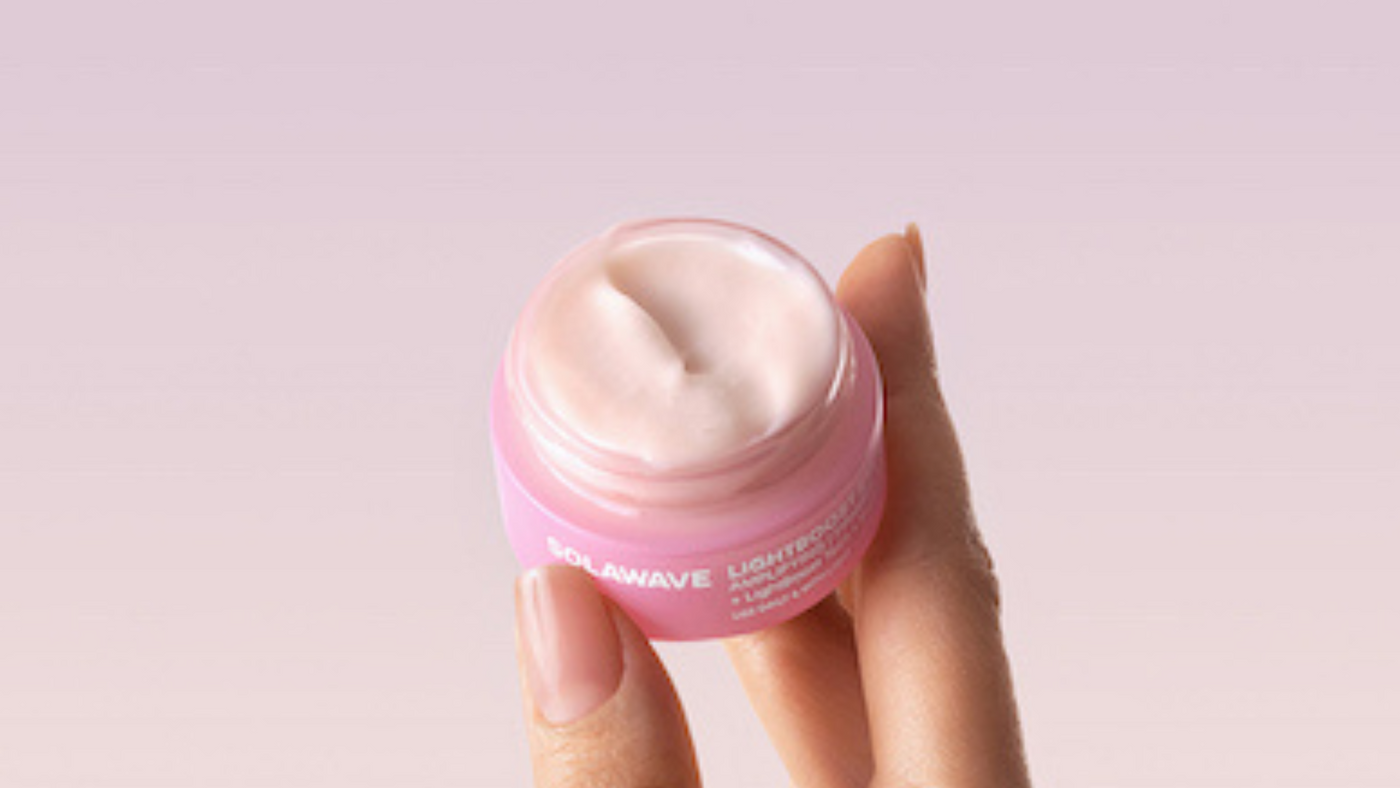 Red Light Therapy
Red Light Therapy
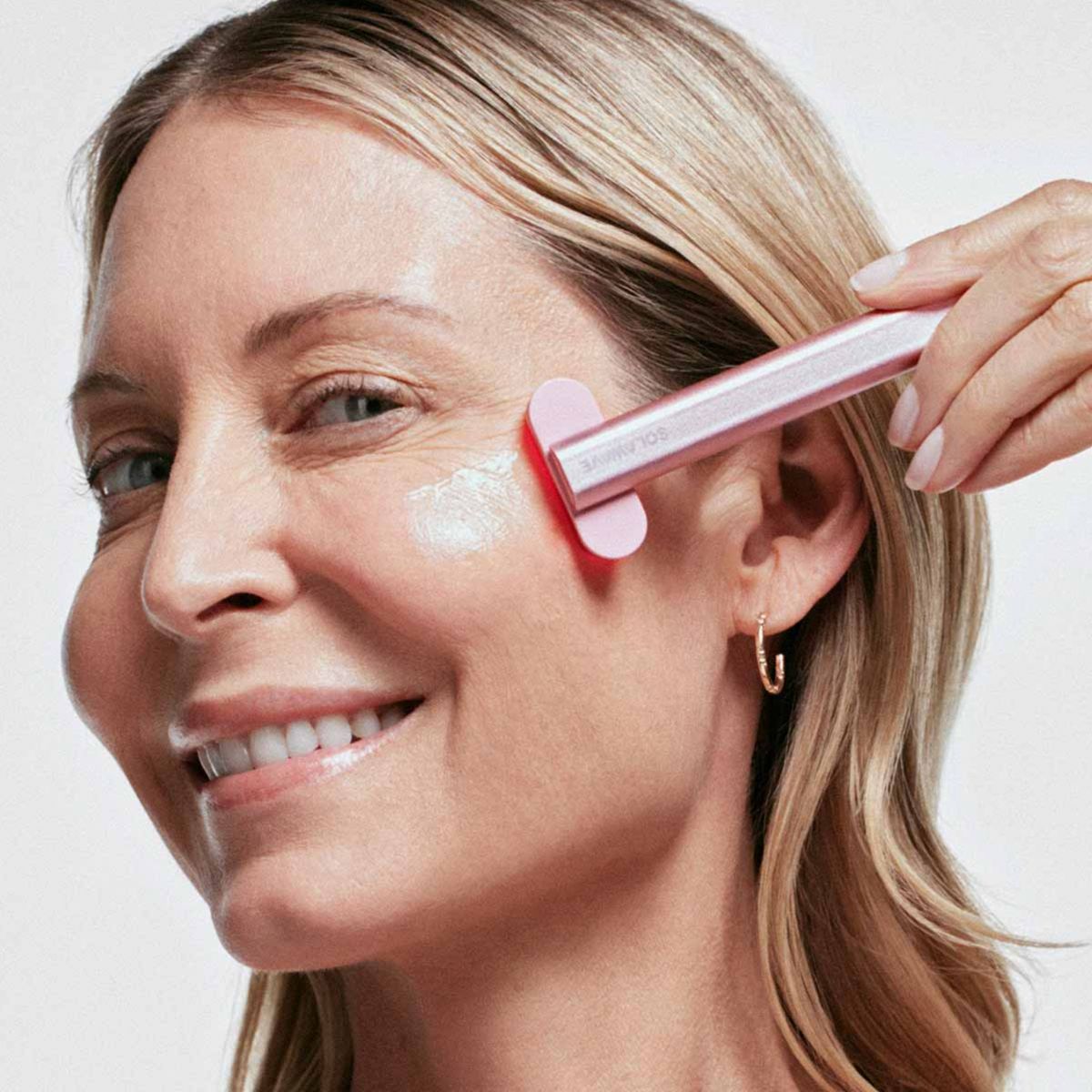 Red Light Therapy
Red Light Therapy
 Red Light Therapy
Red Light Therapy
 News
News
 News
News
 News
News
 News
News
 News
News
 News
News
 News
News
 News
News
 News
News
 News
News
 News
News
 News
News
 News
News
 News
News
 News
News
 News
News
 News
News
 News
News
 News
News
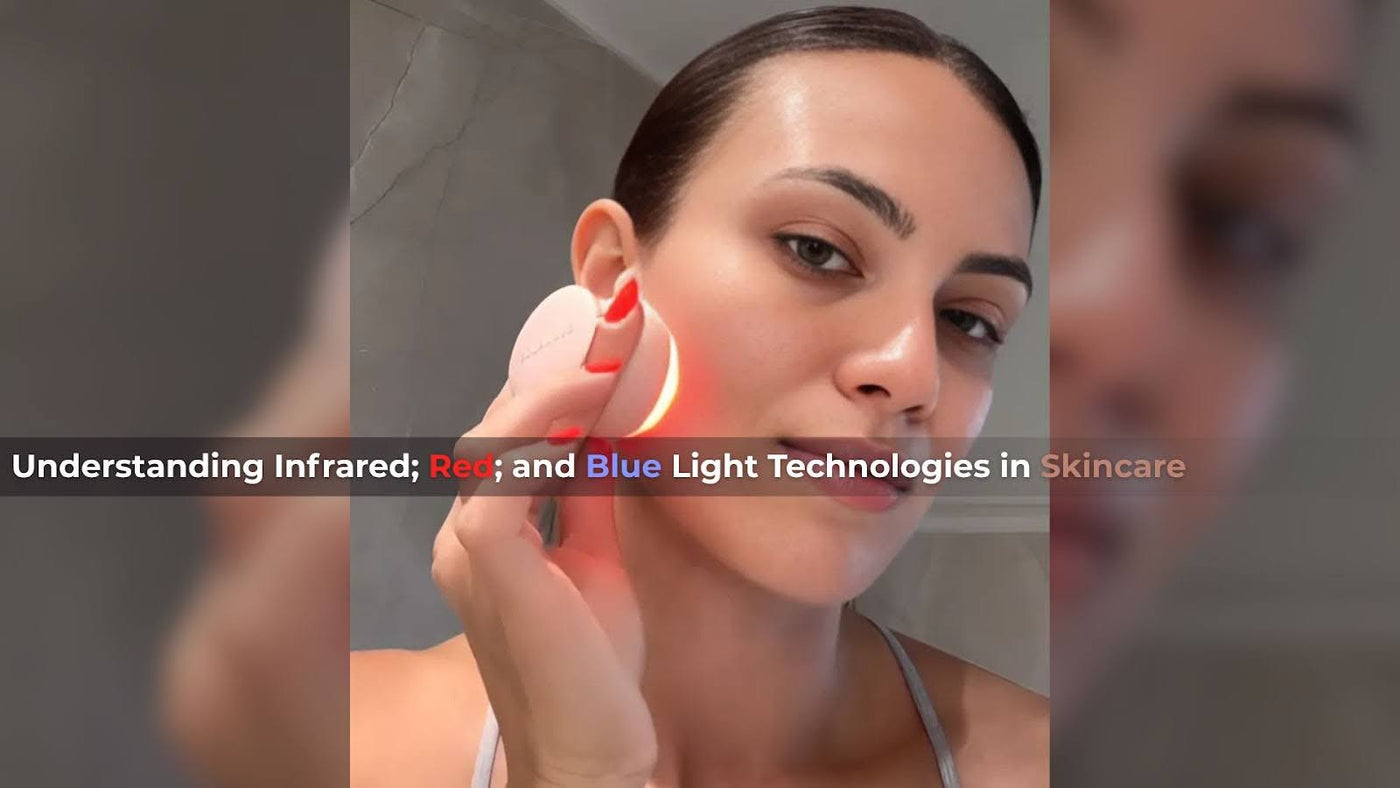 News
News
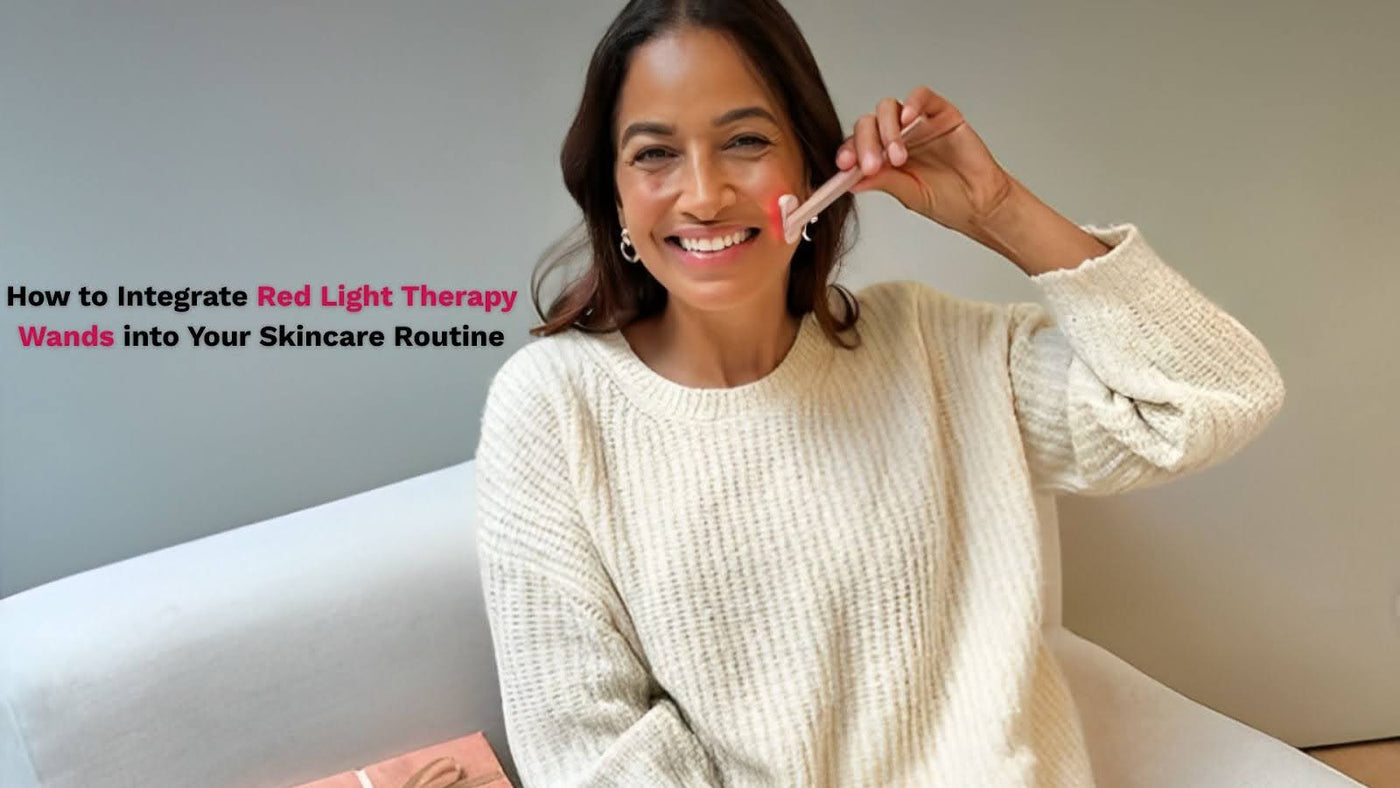 News
News
 News
News
 News
News
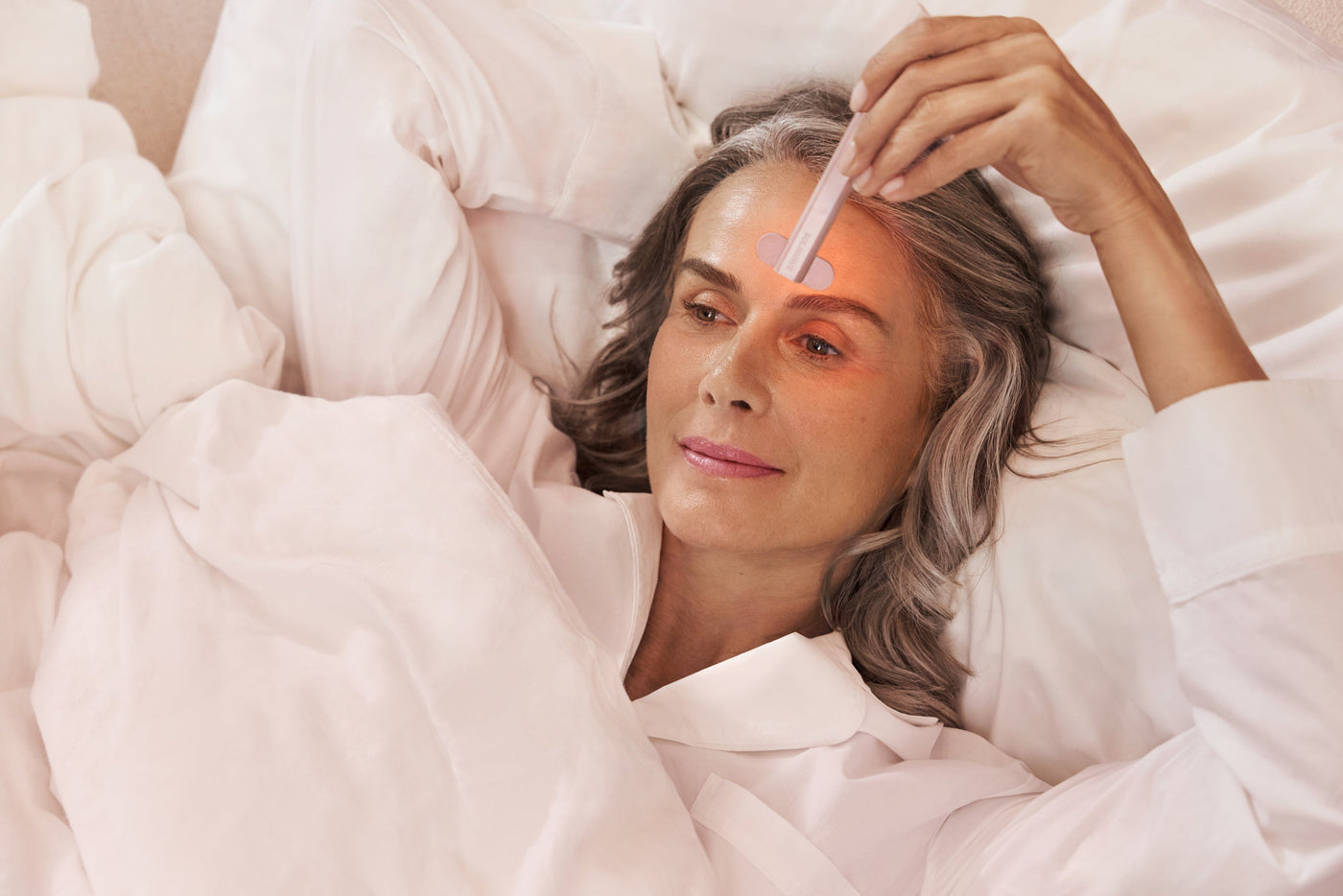 News
News
 News
News
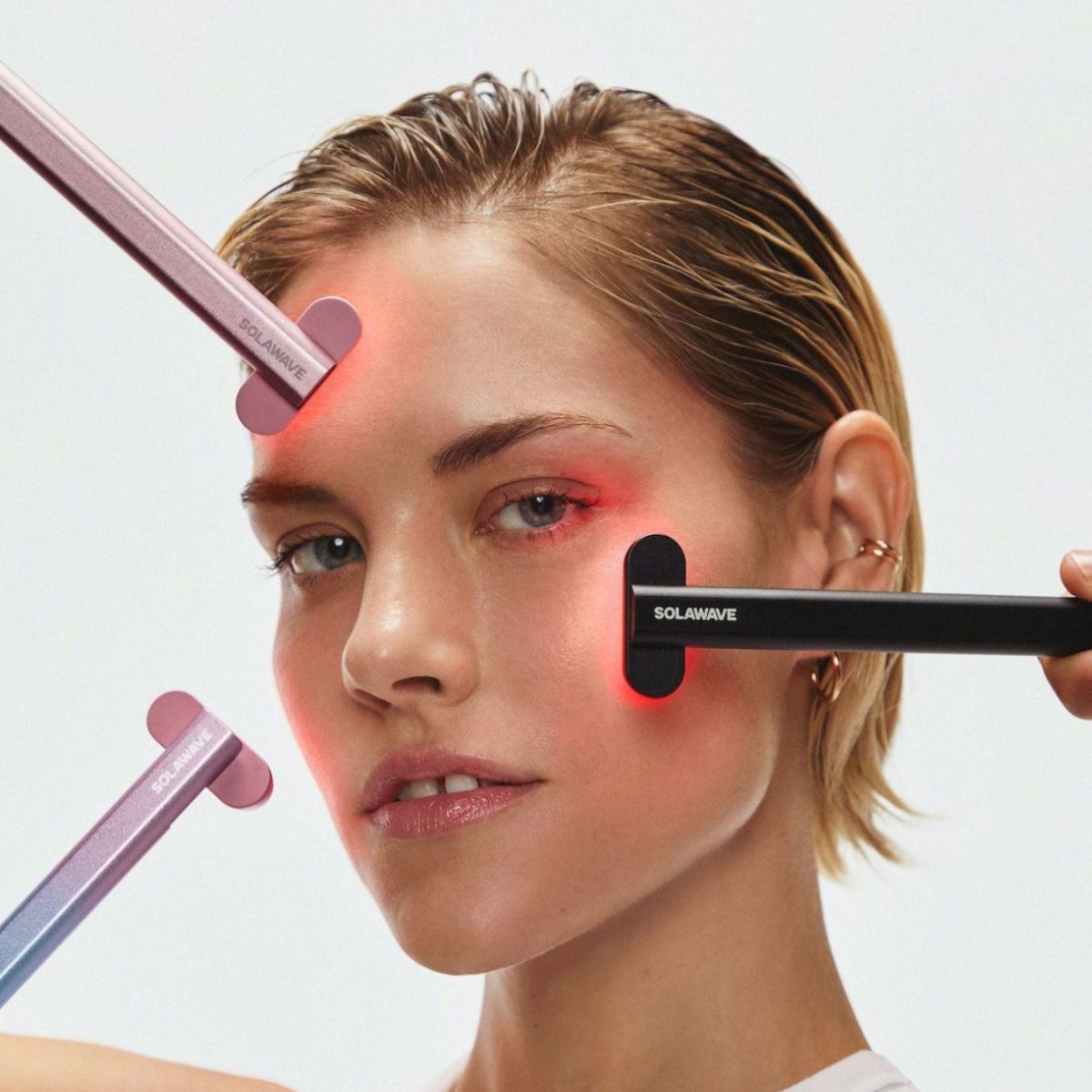 News
News
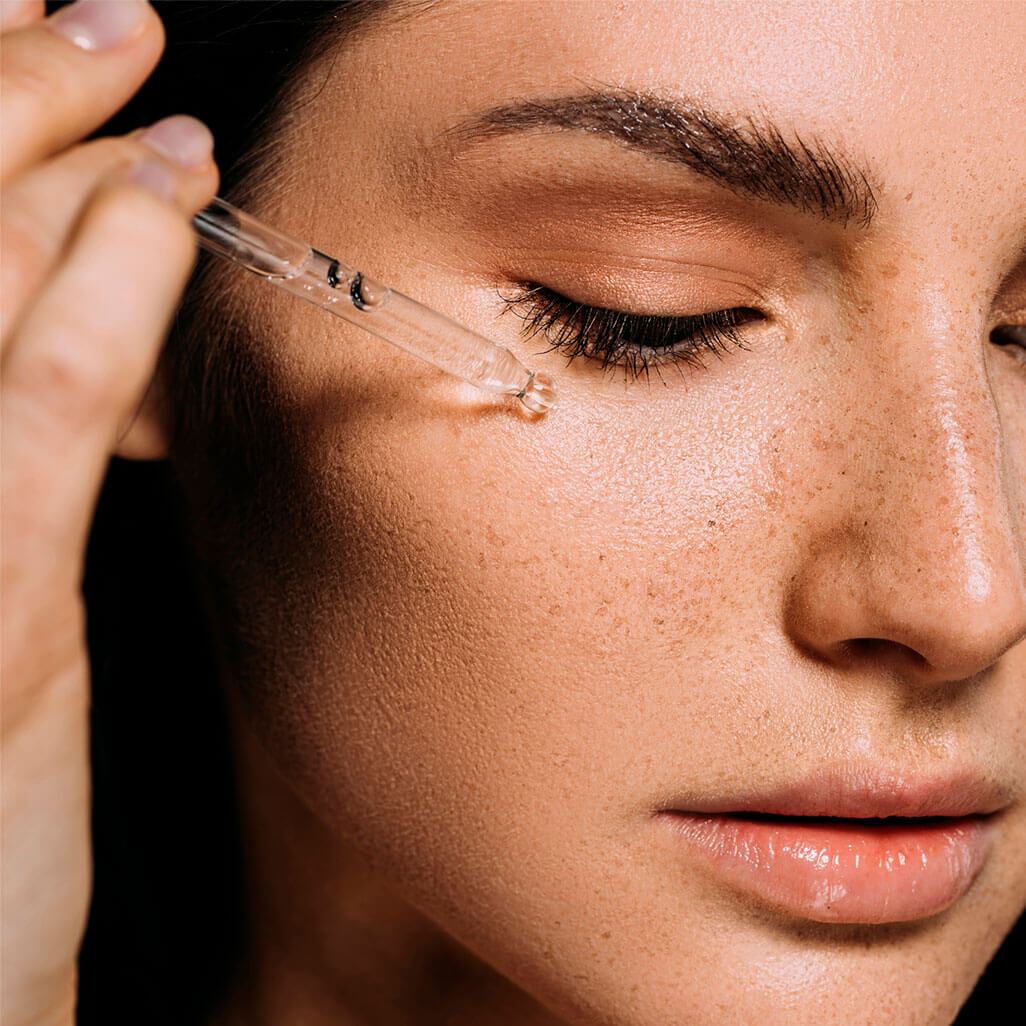 News
News